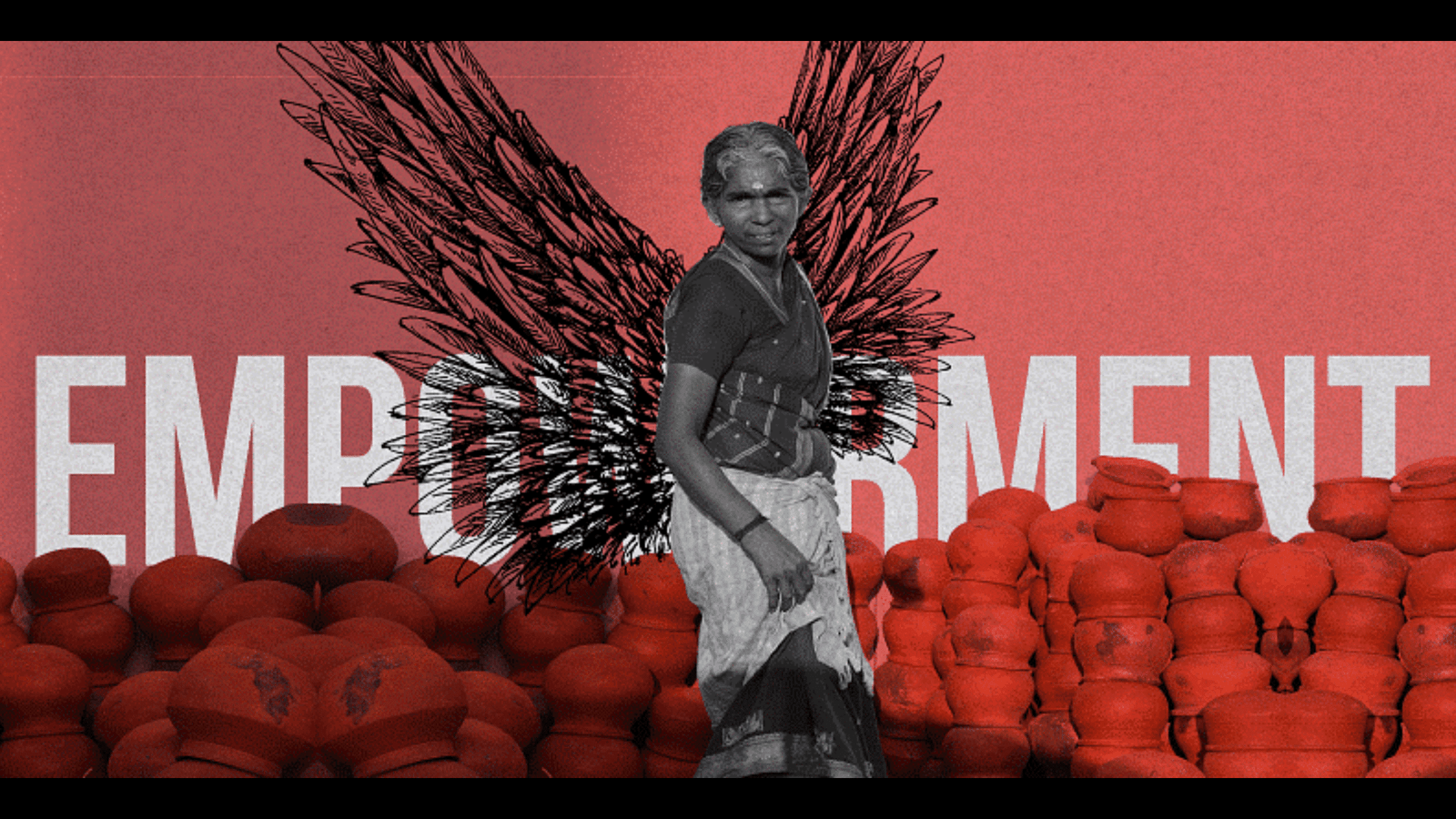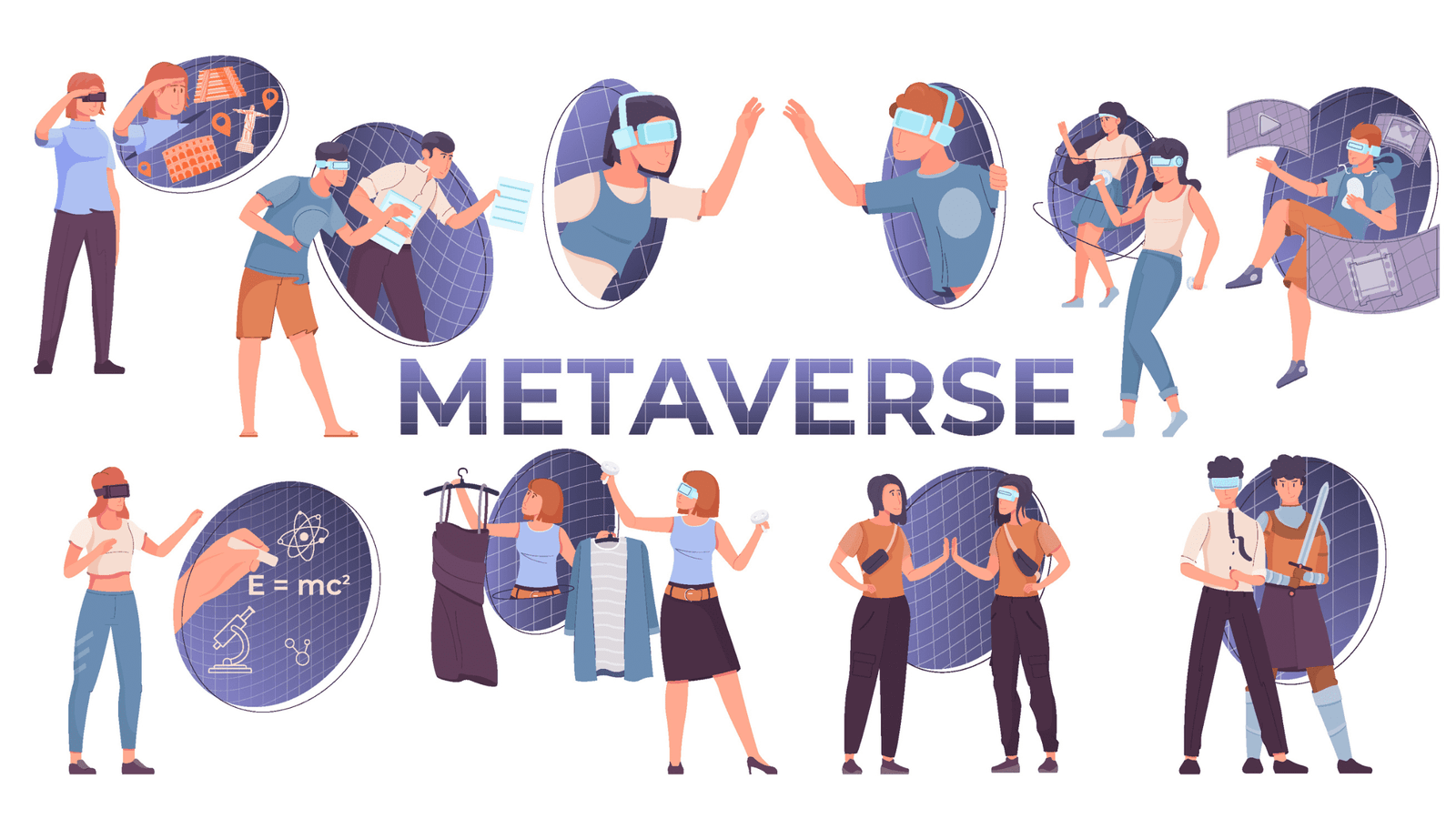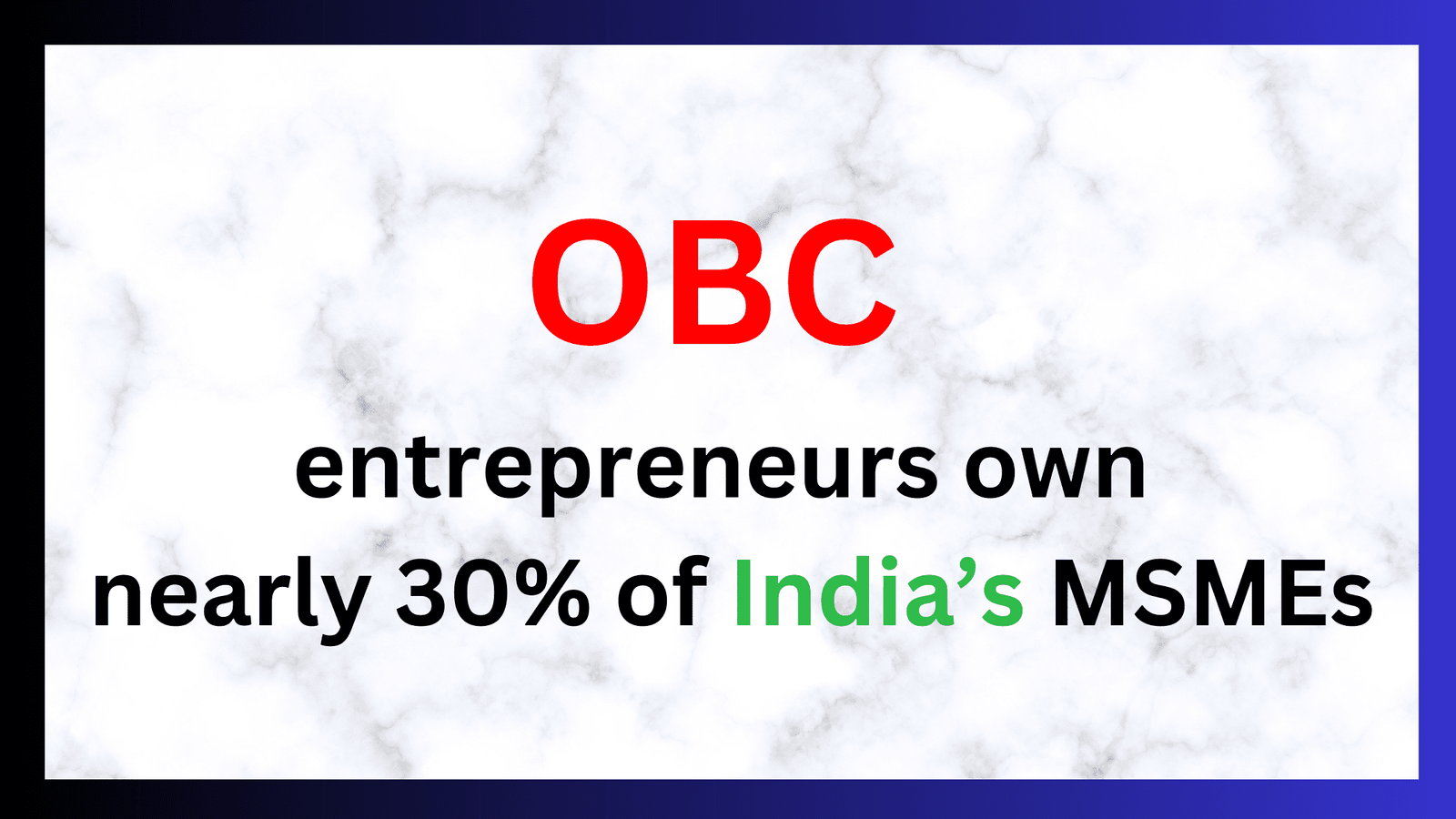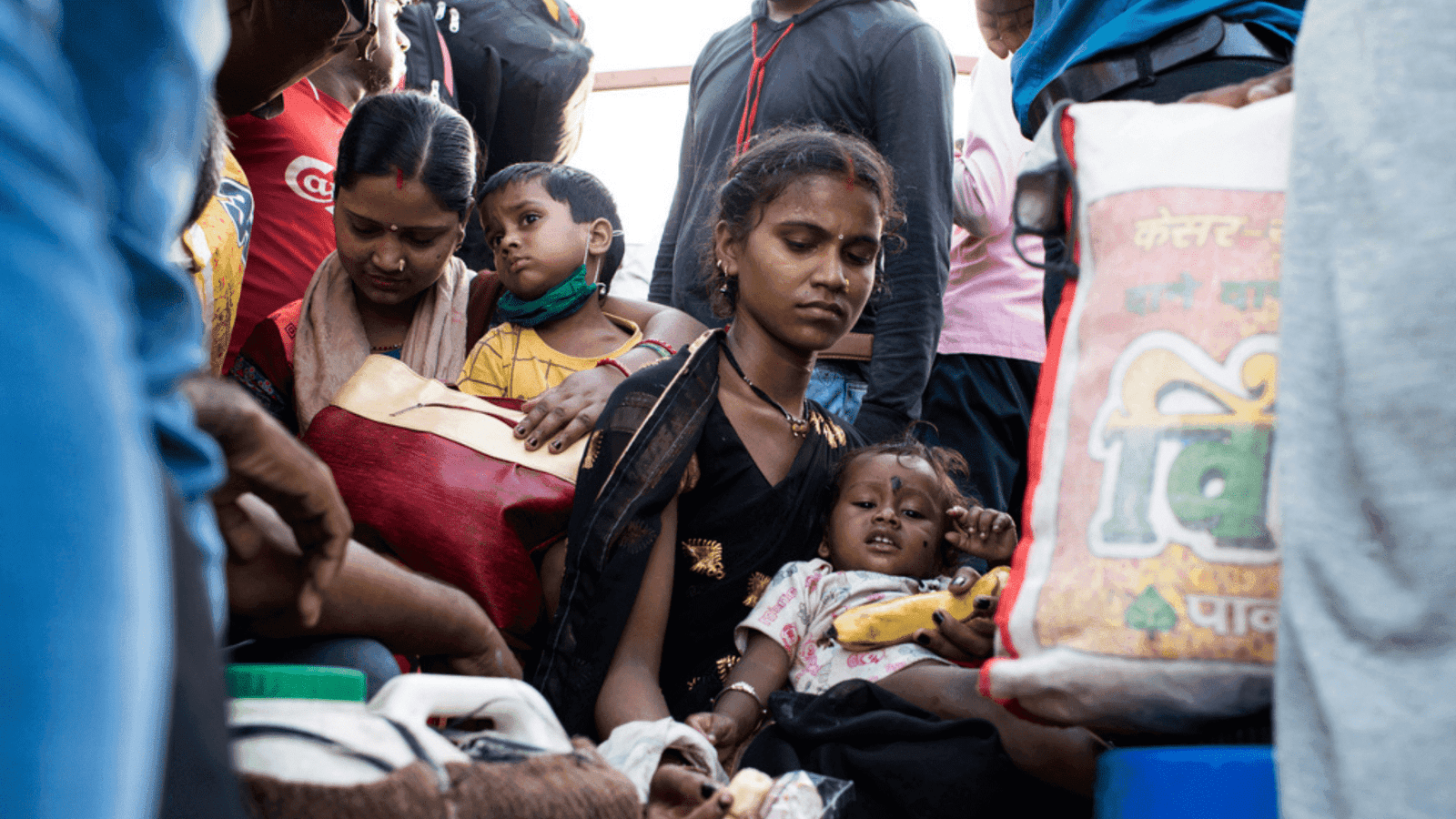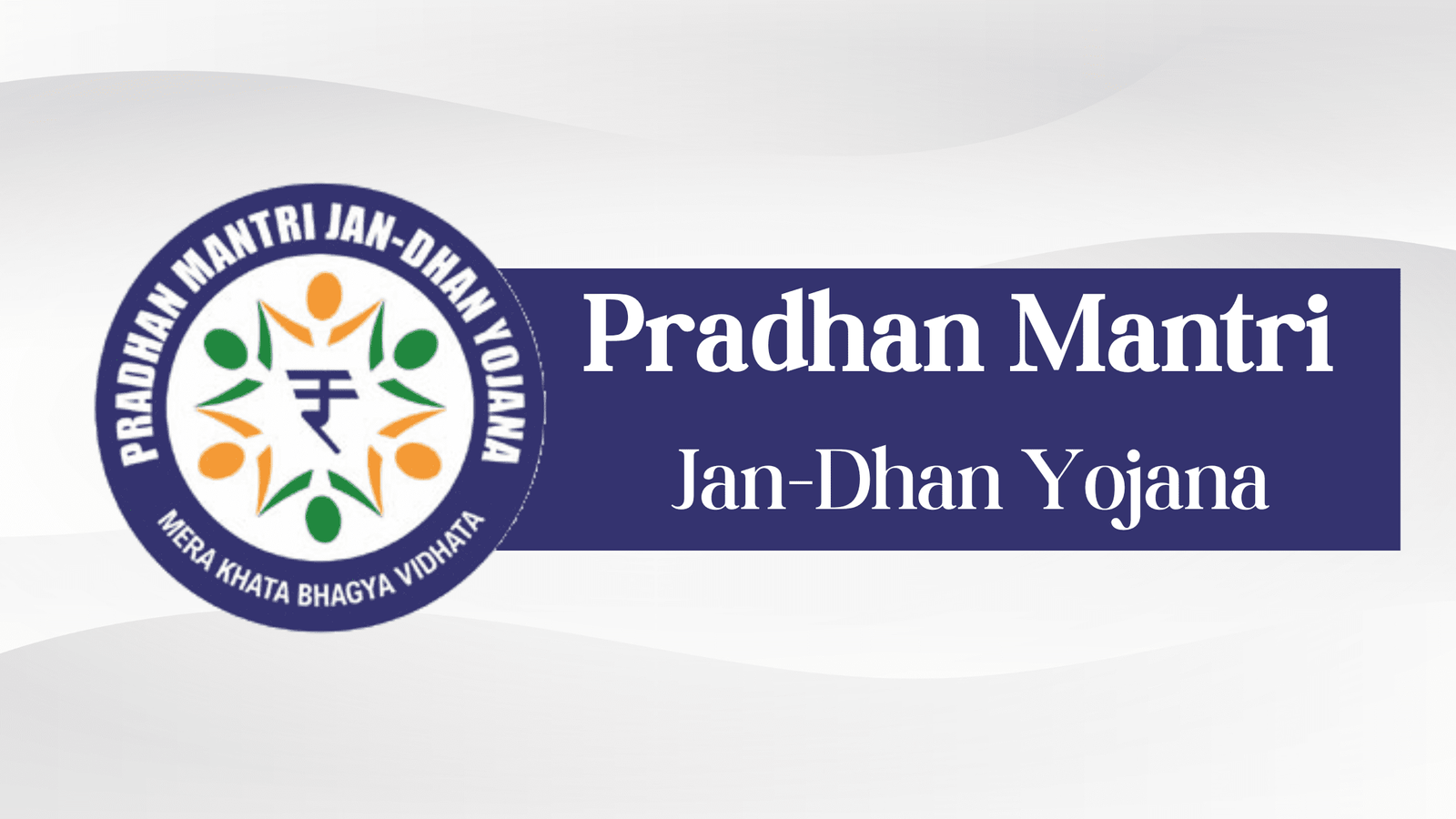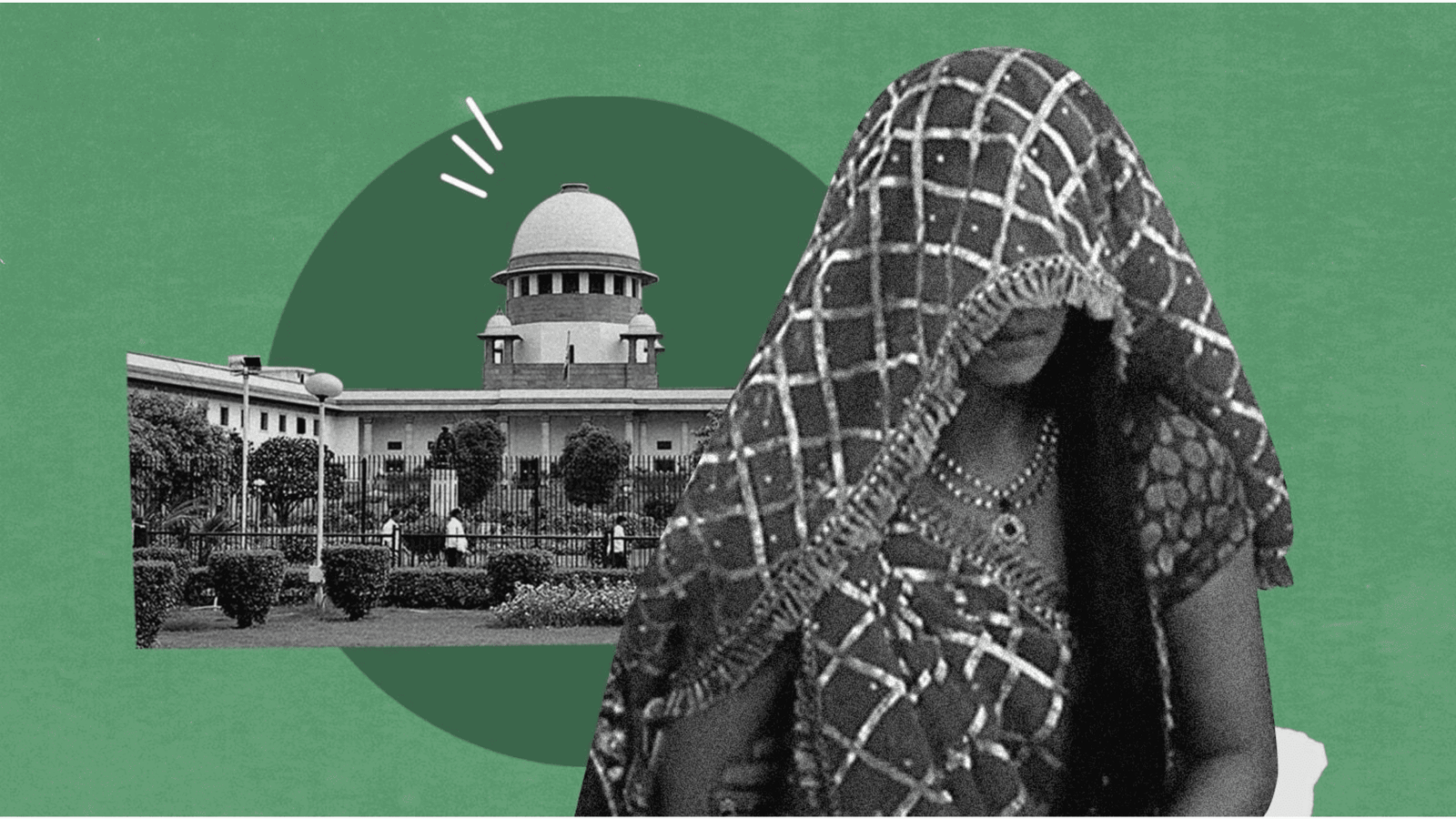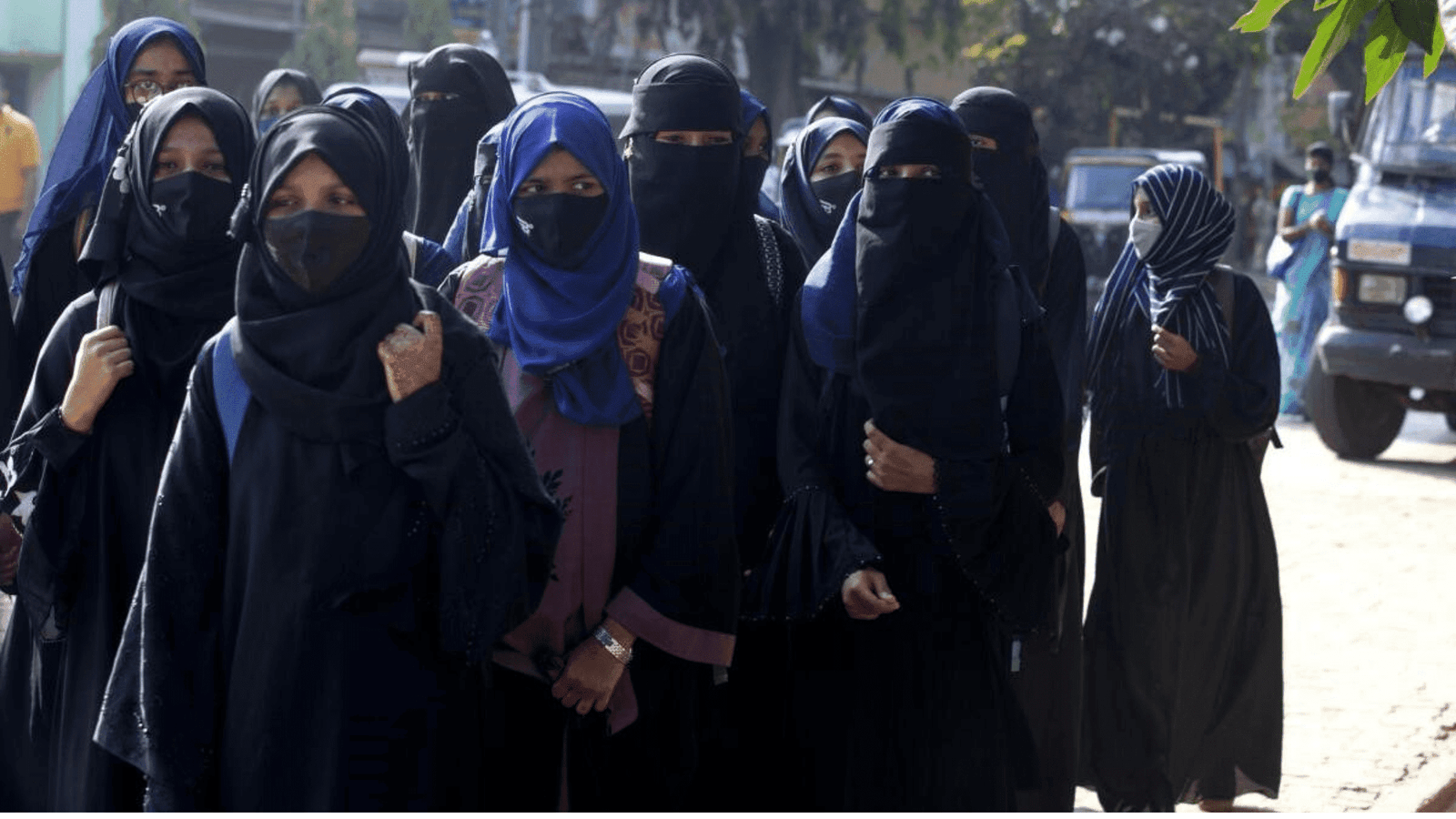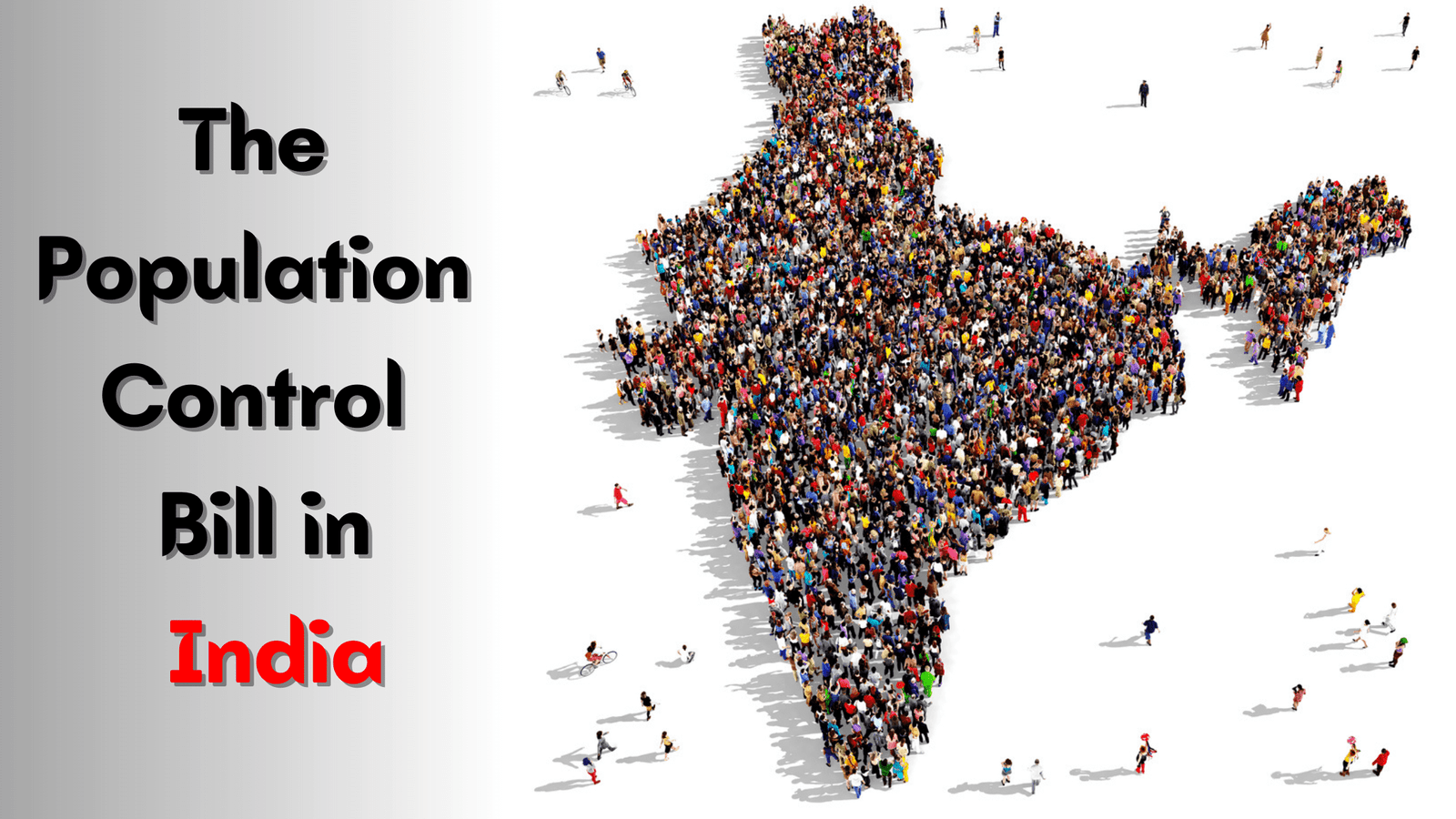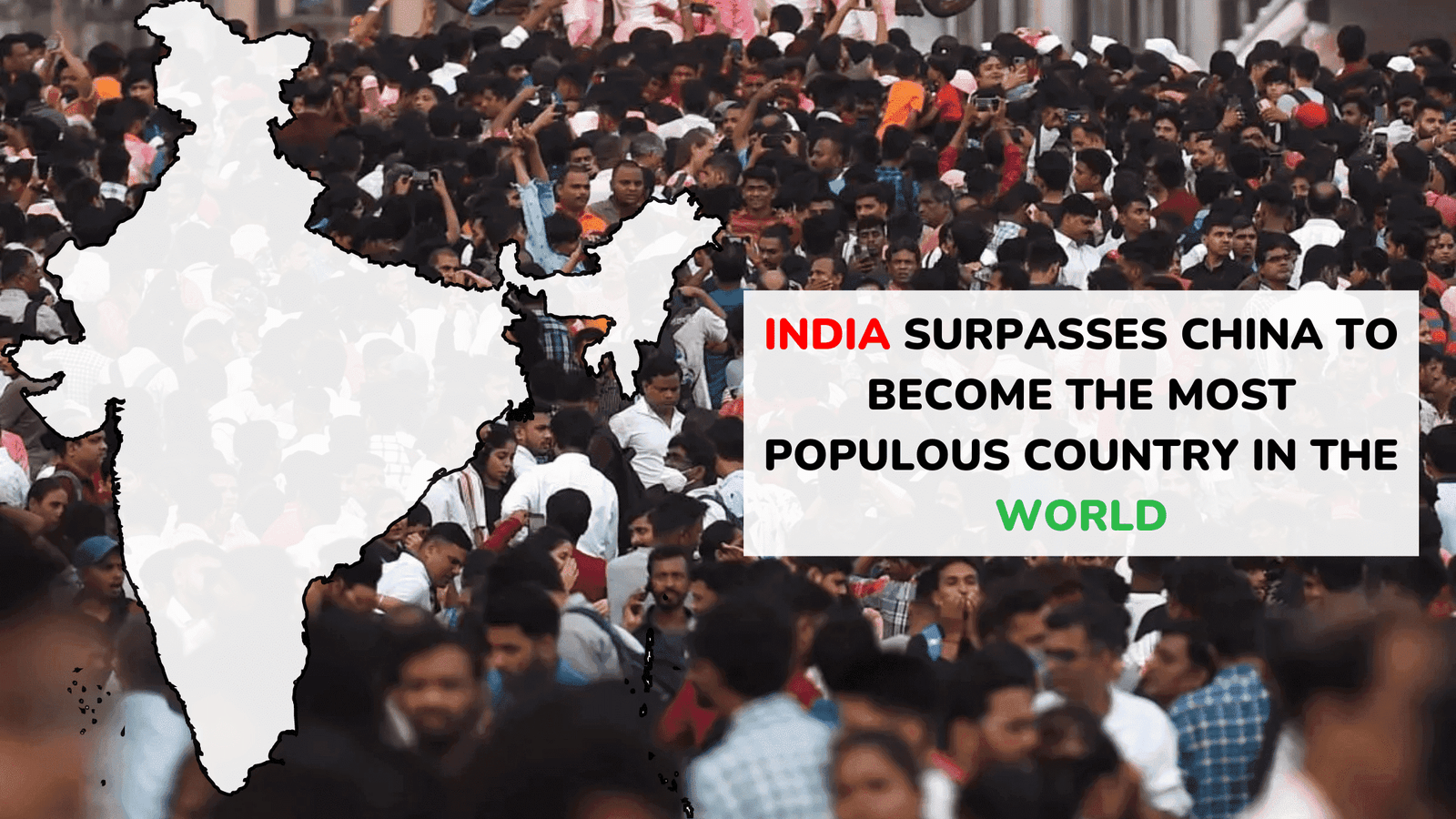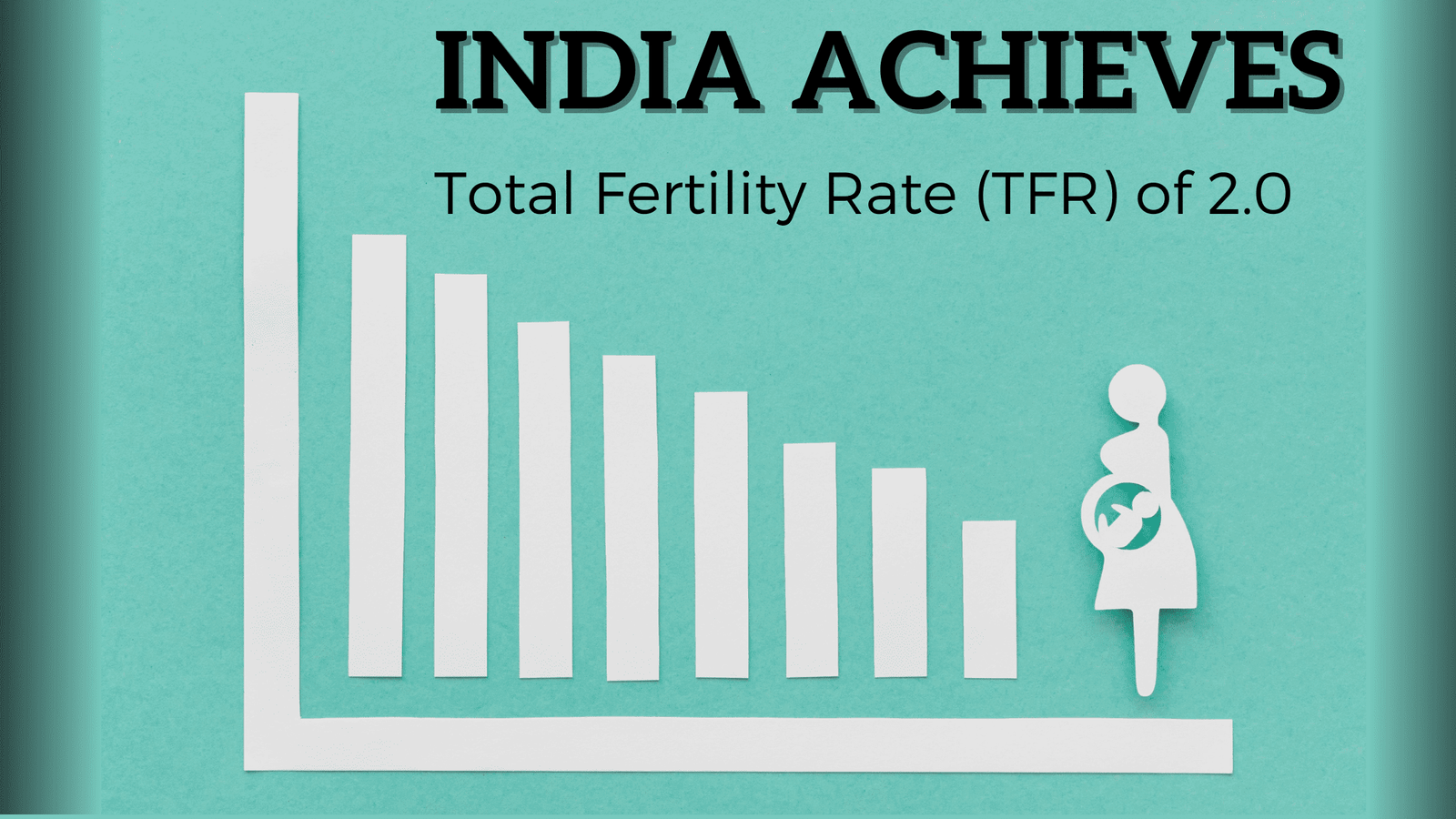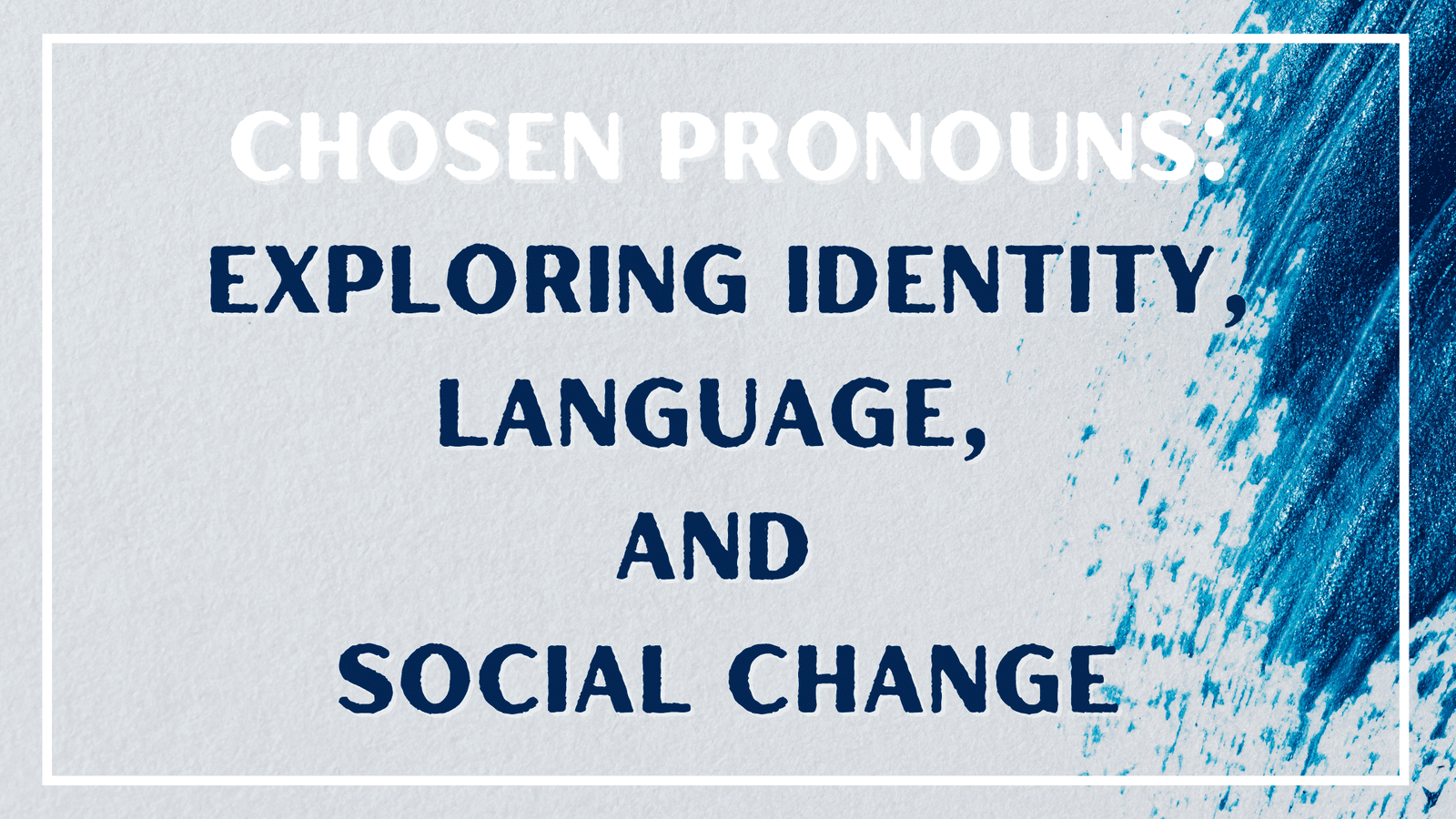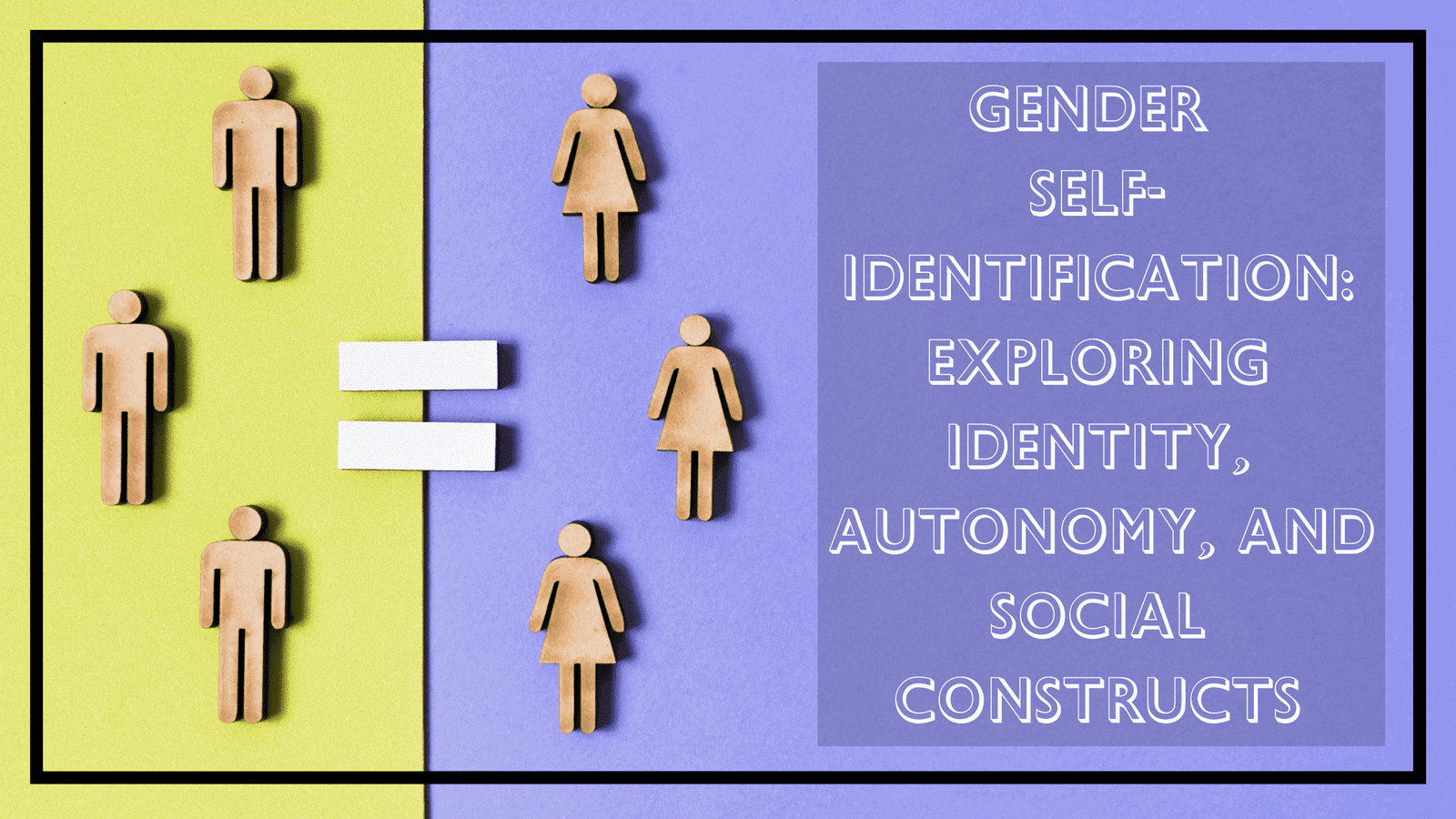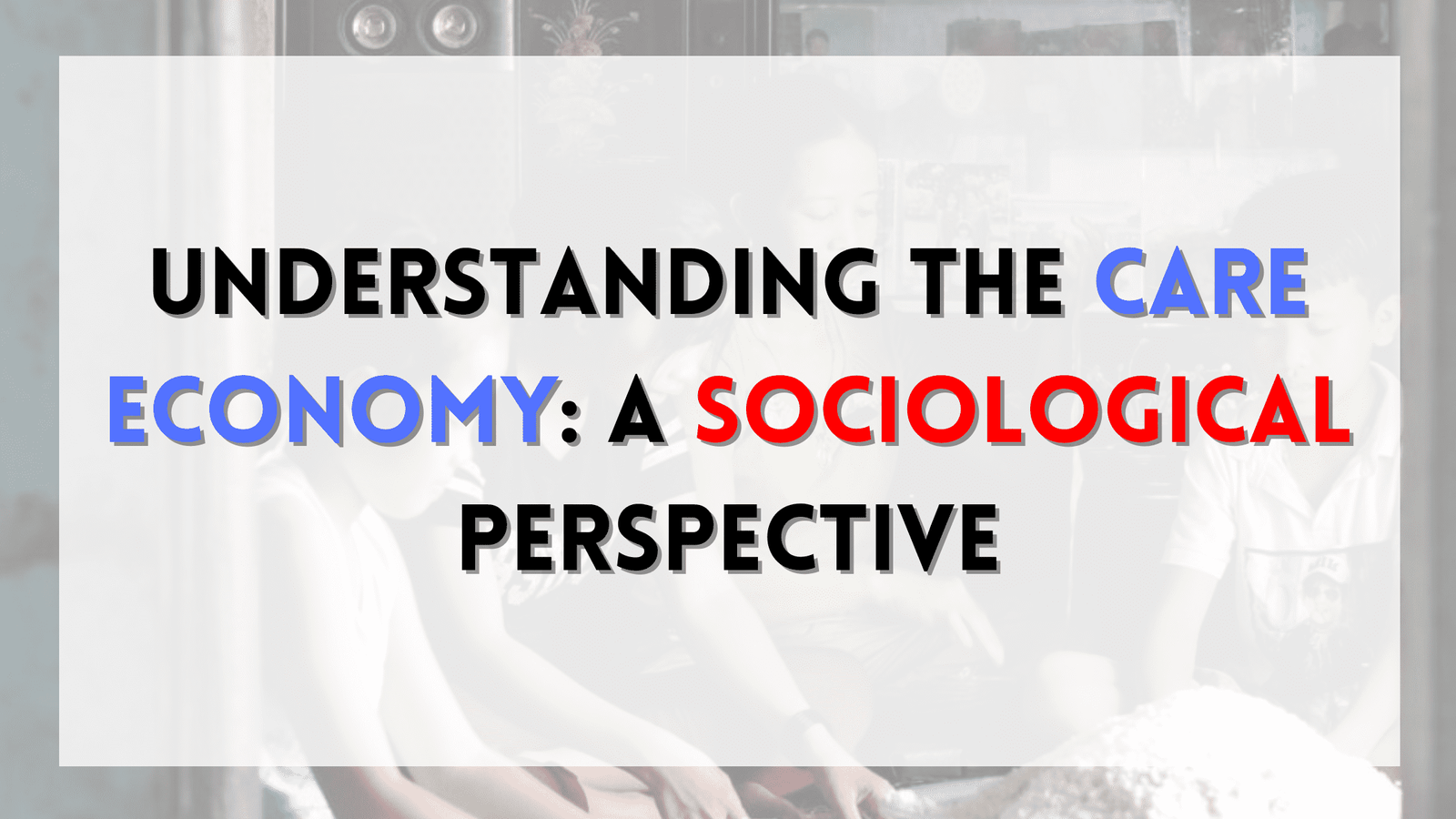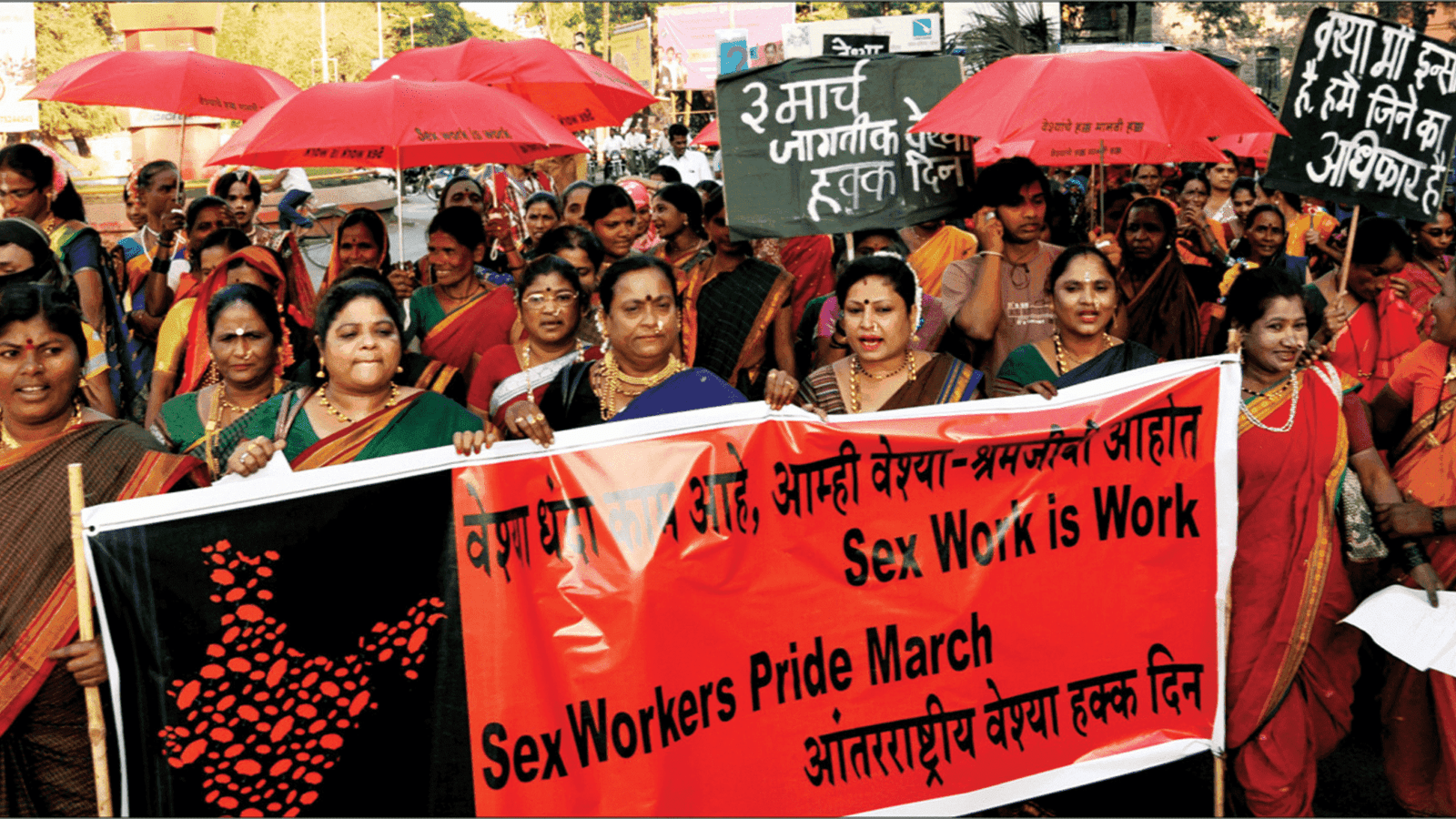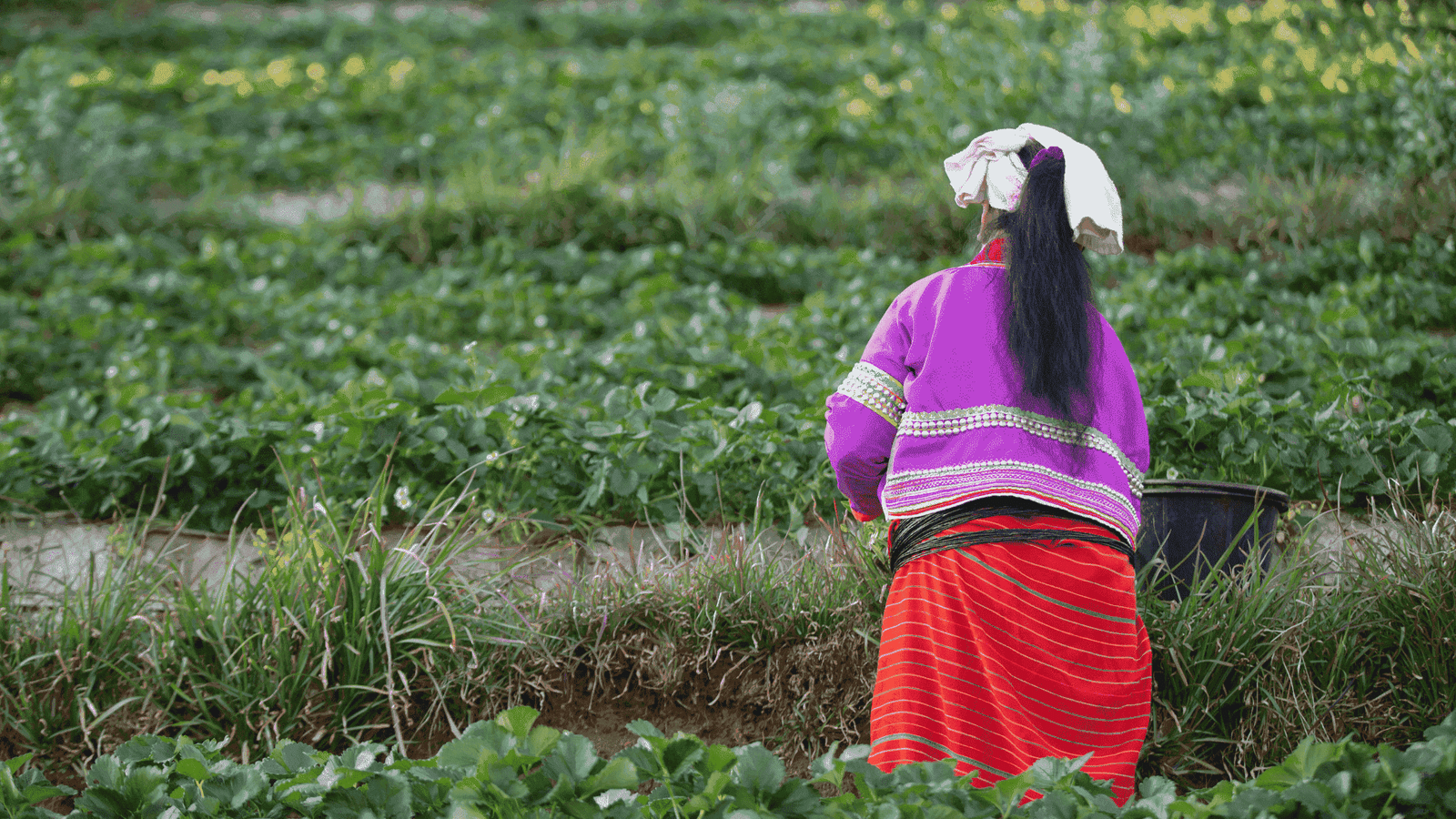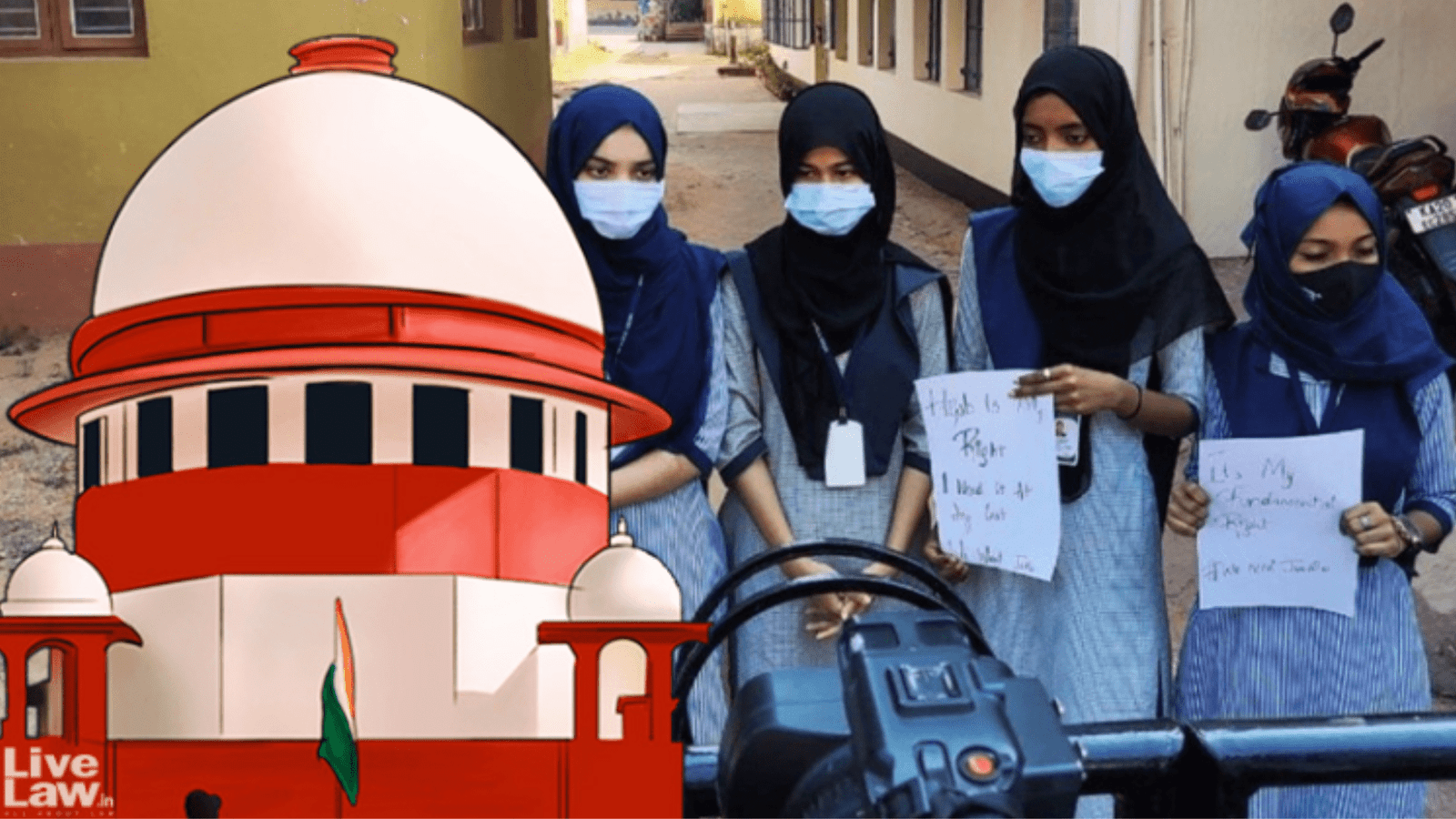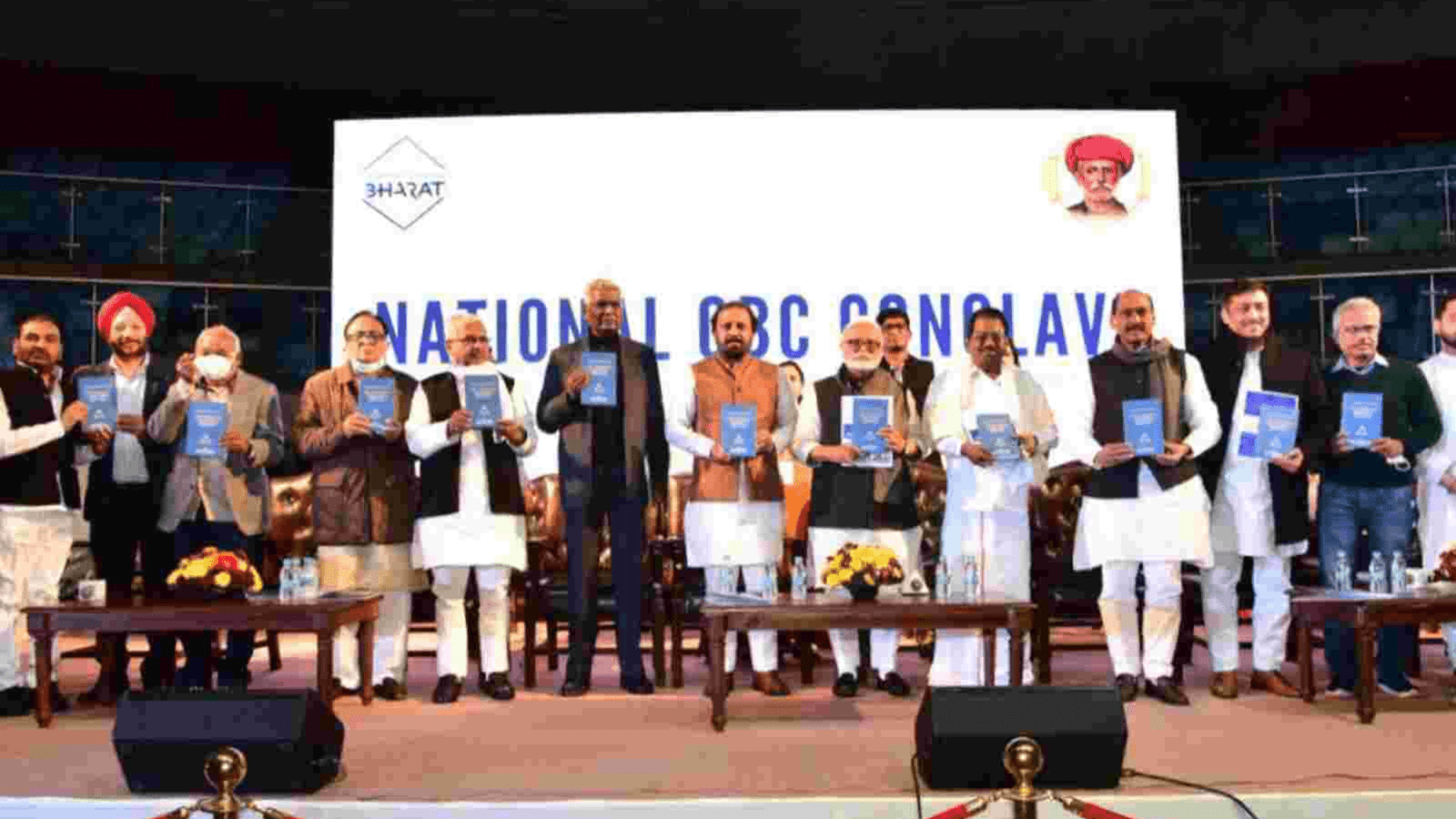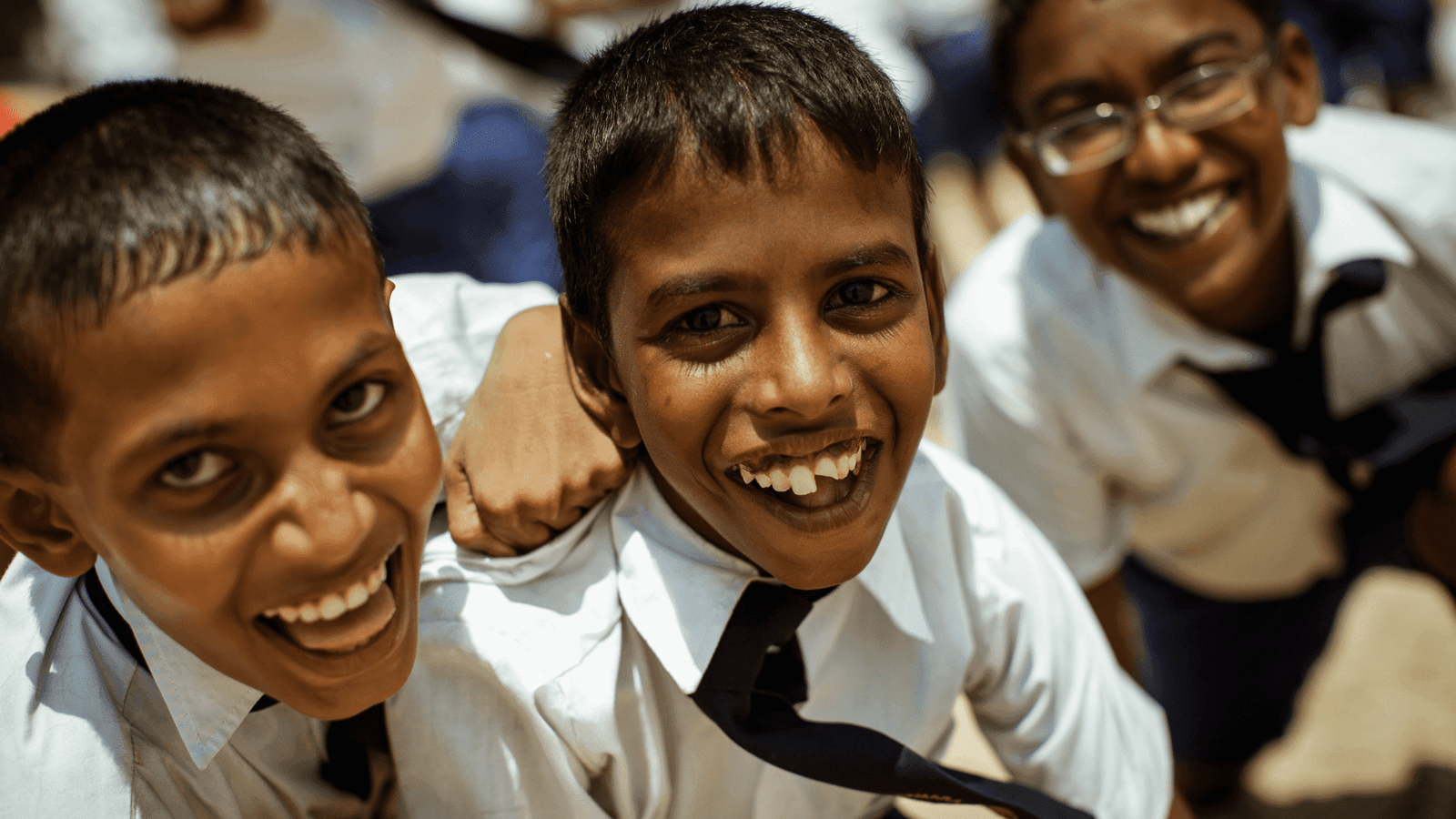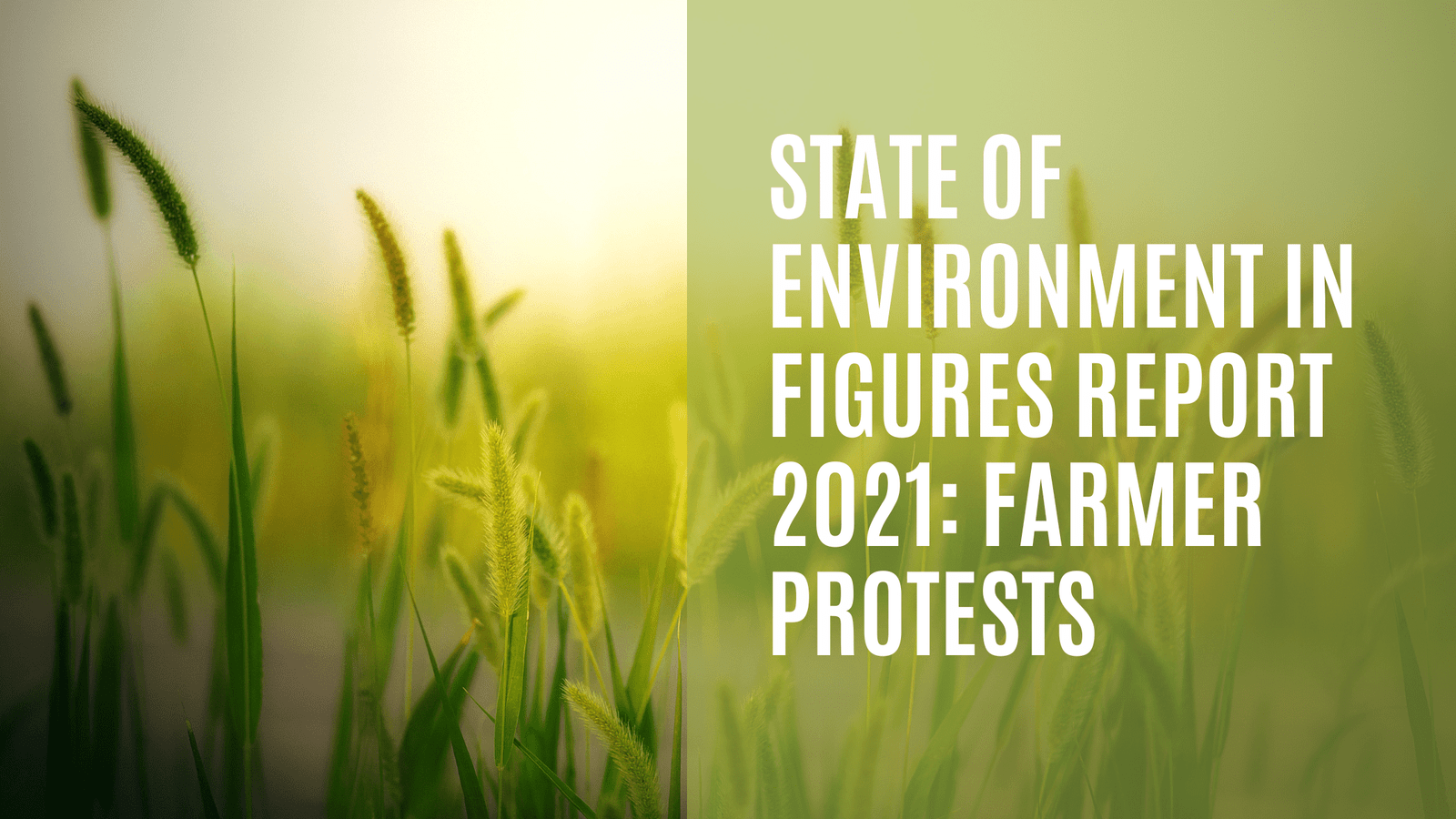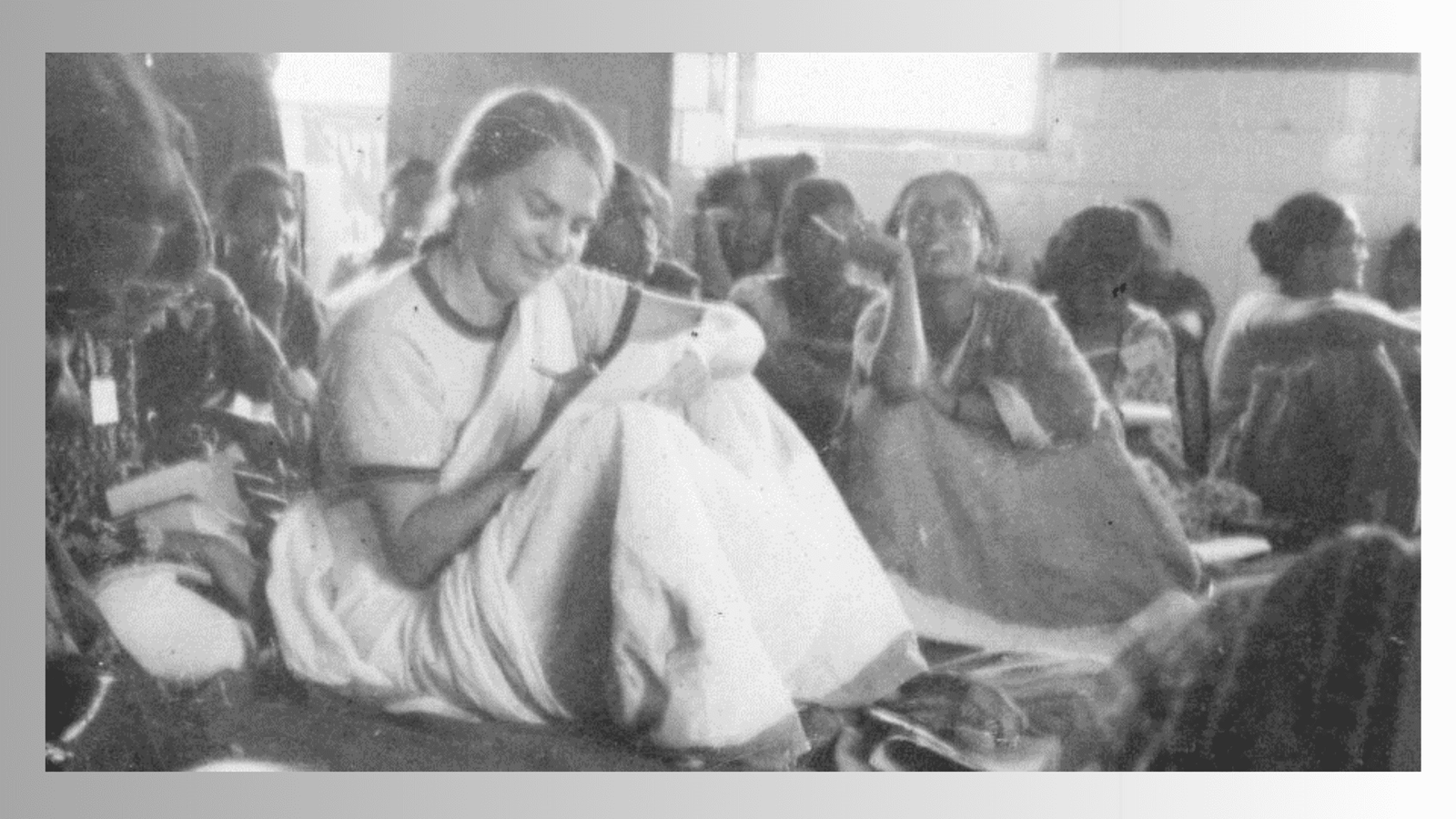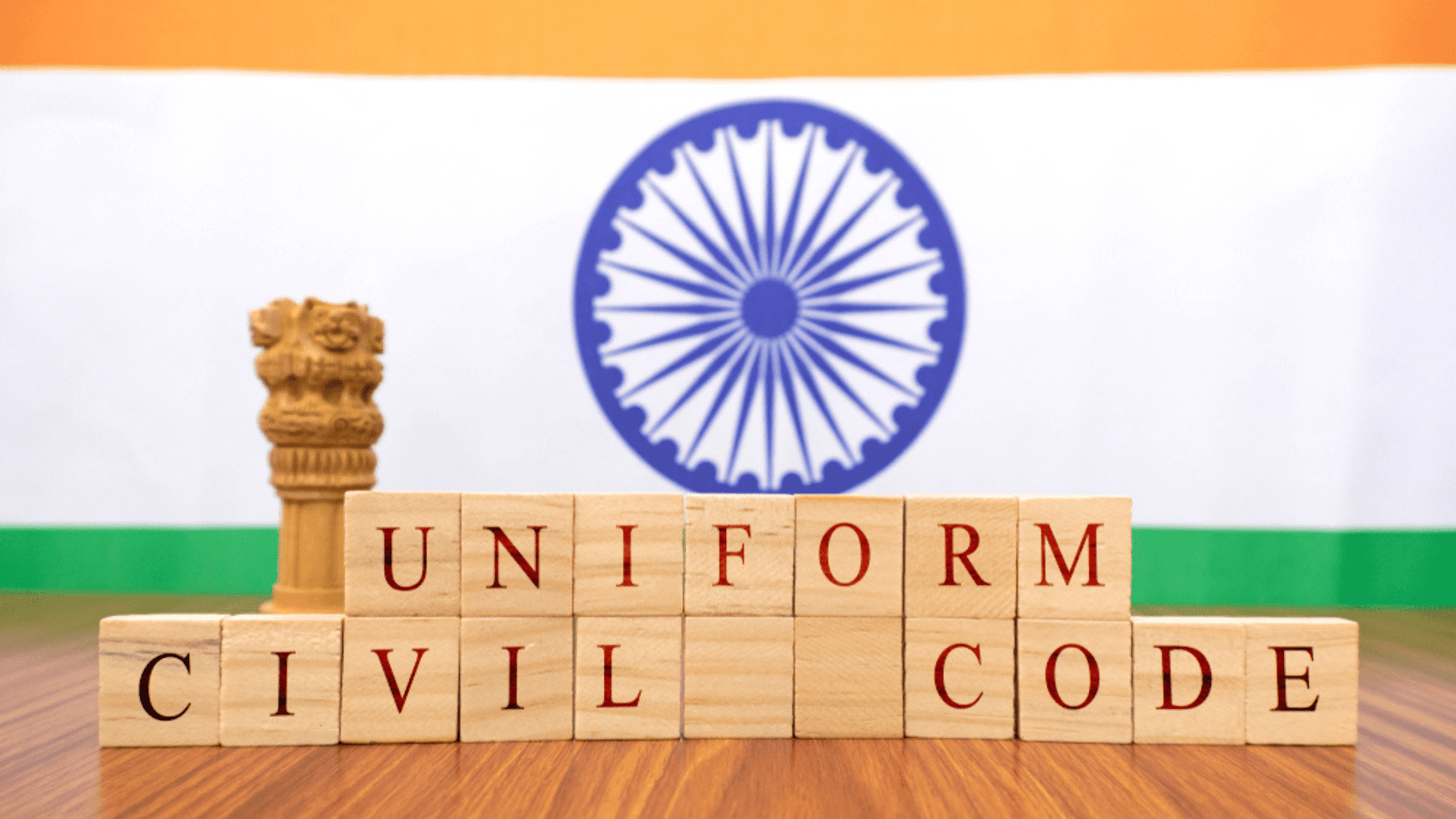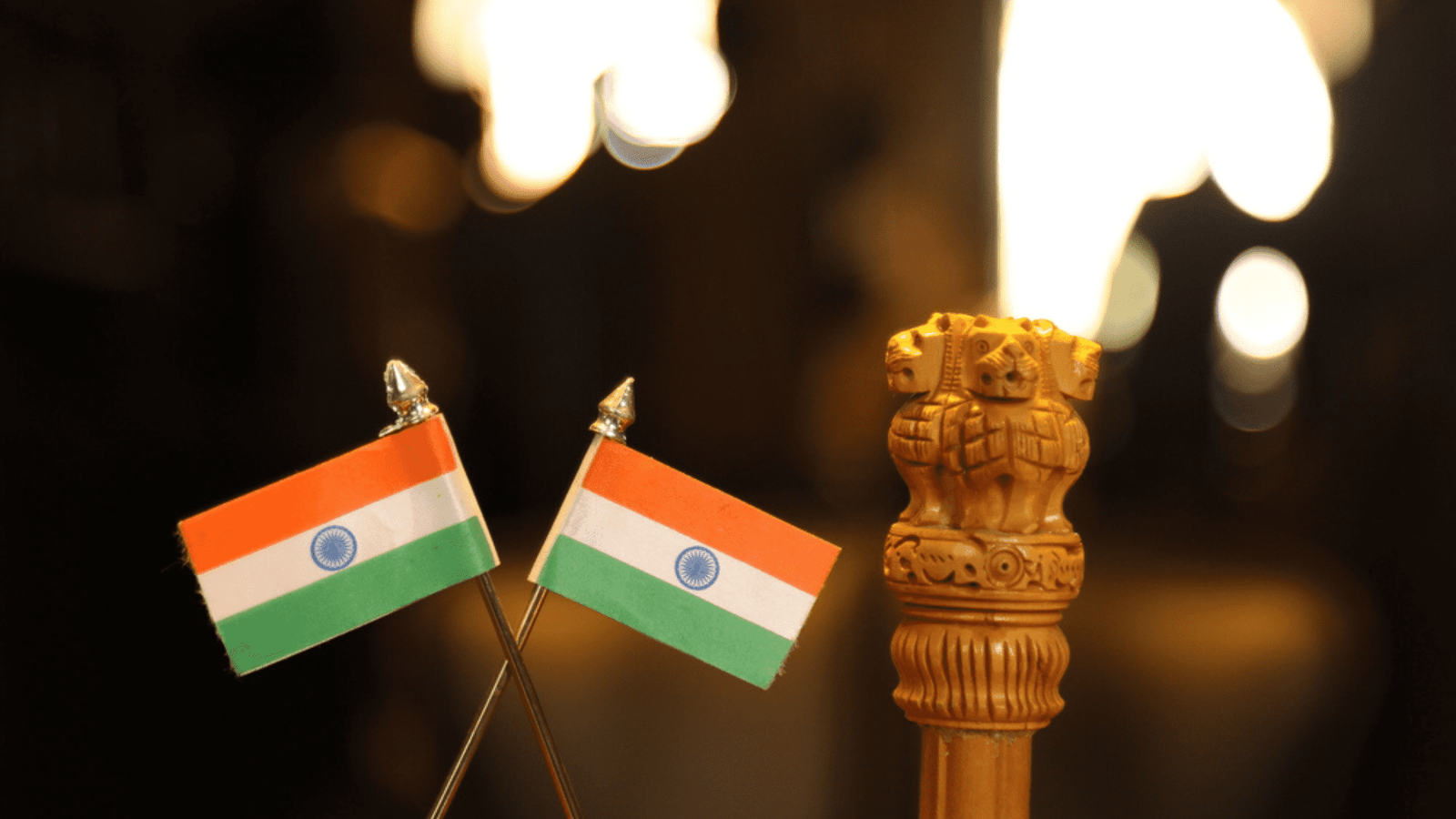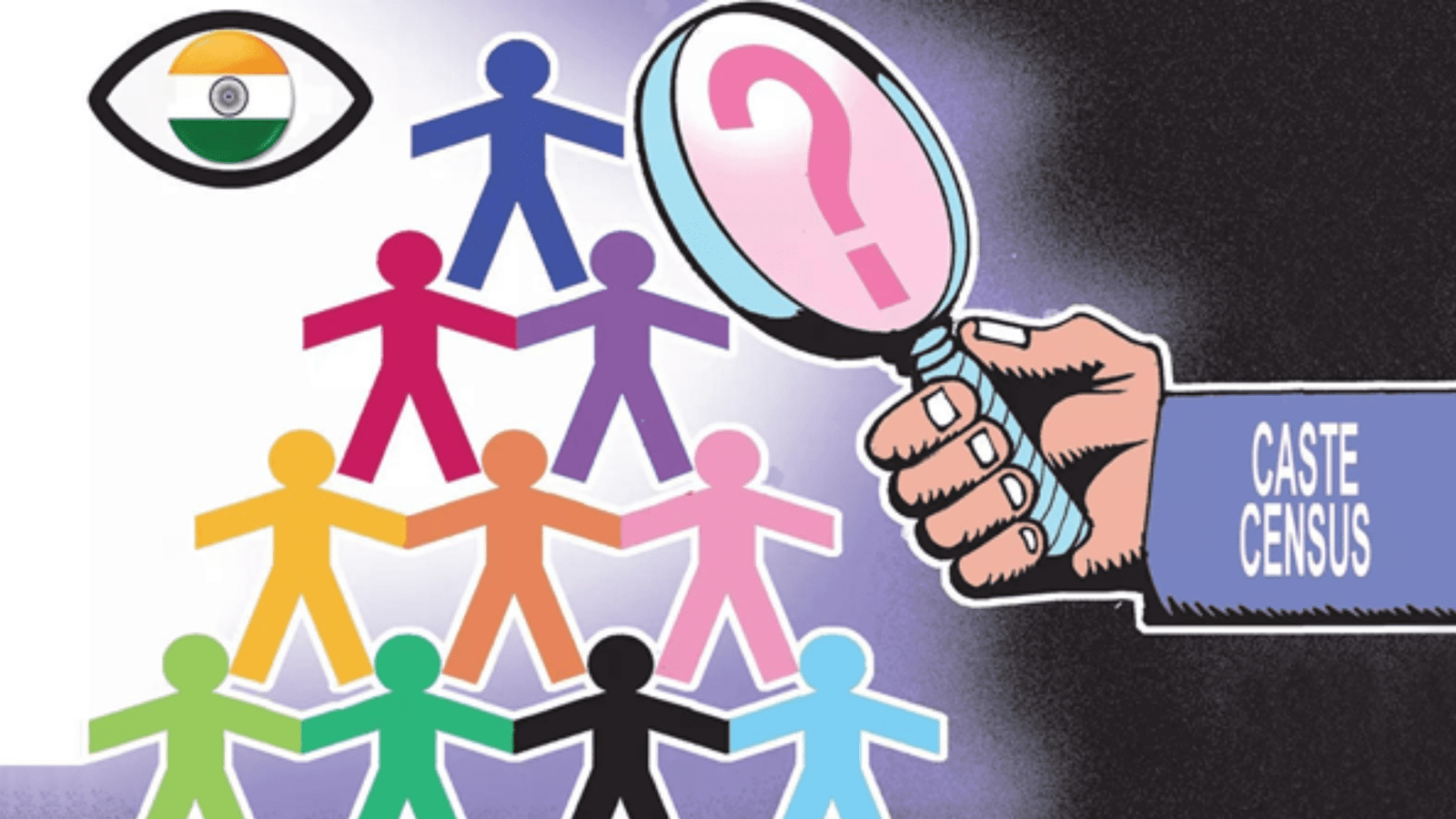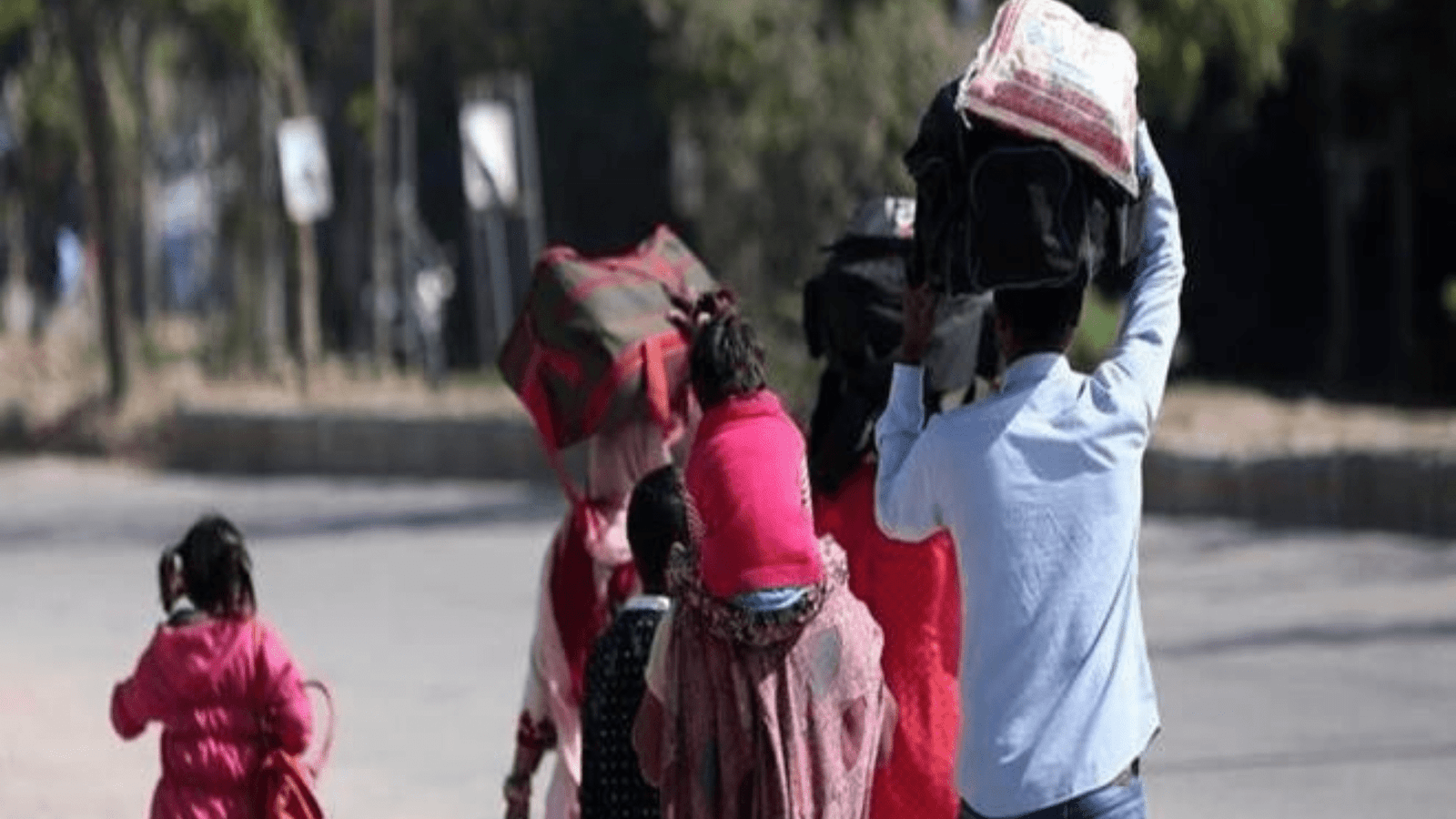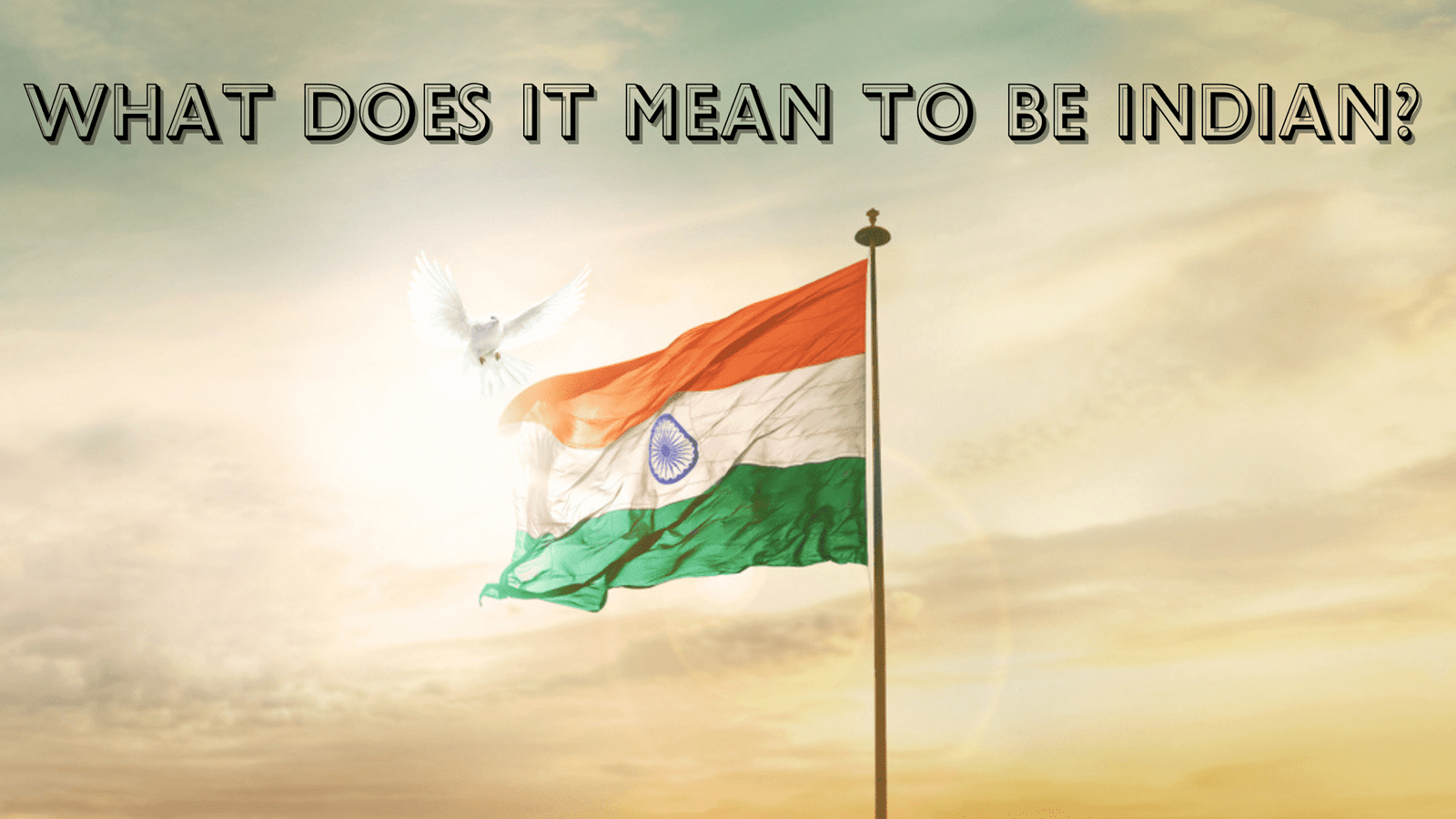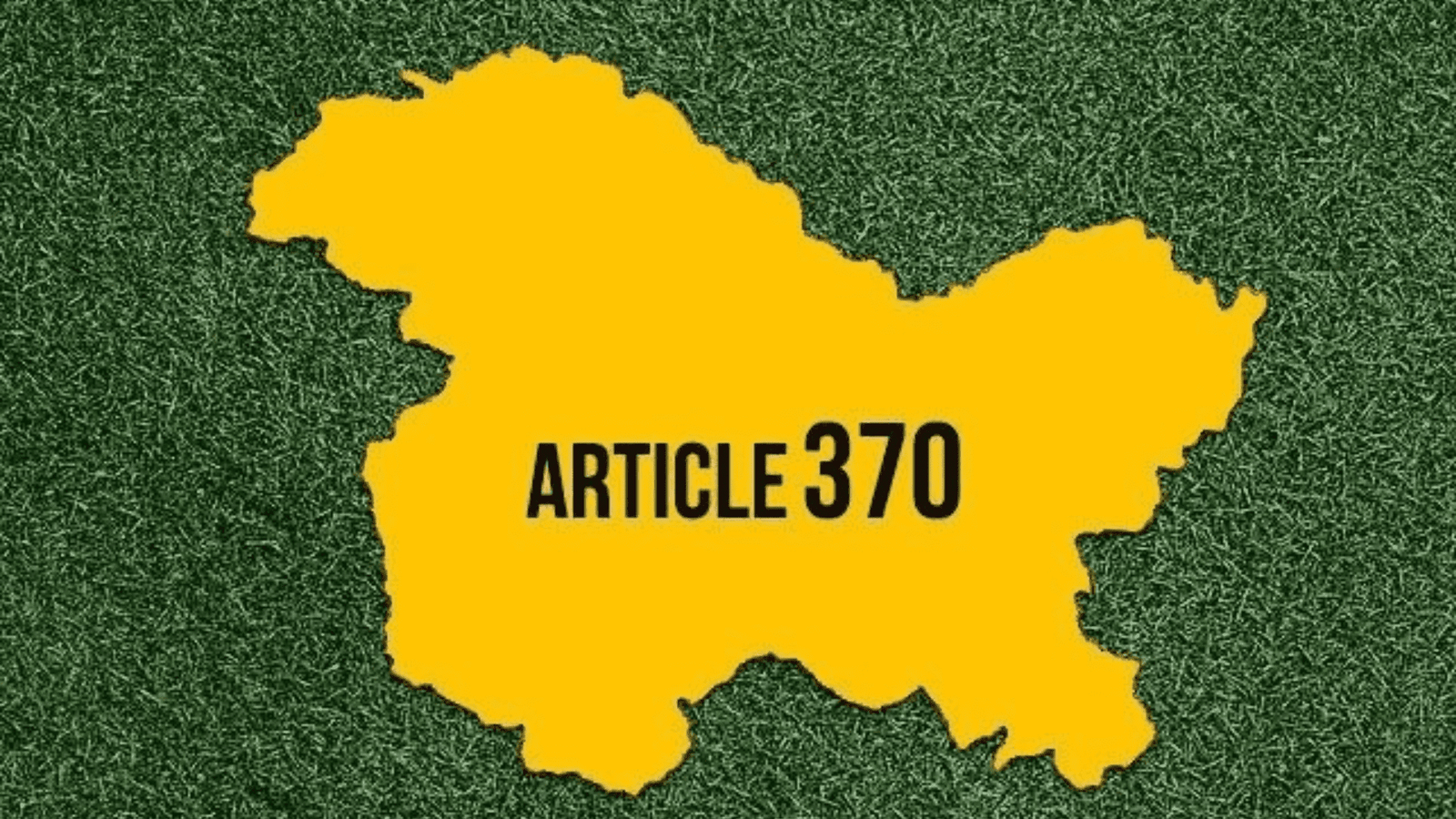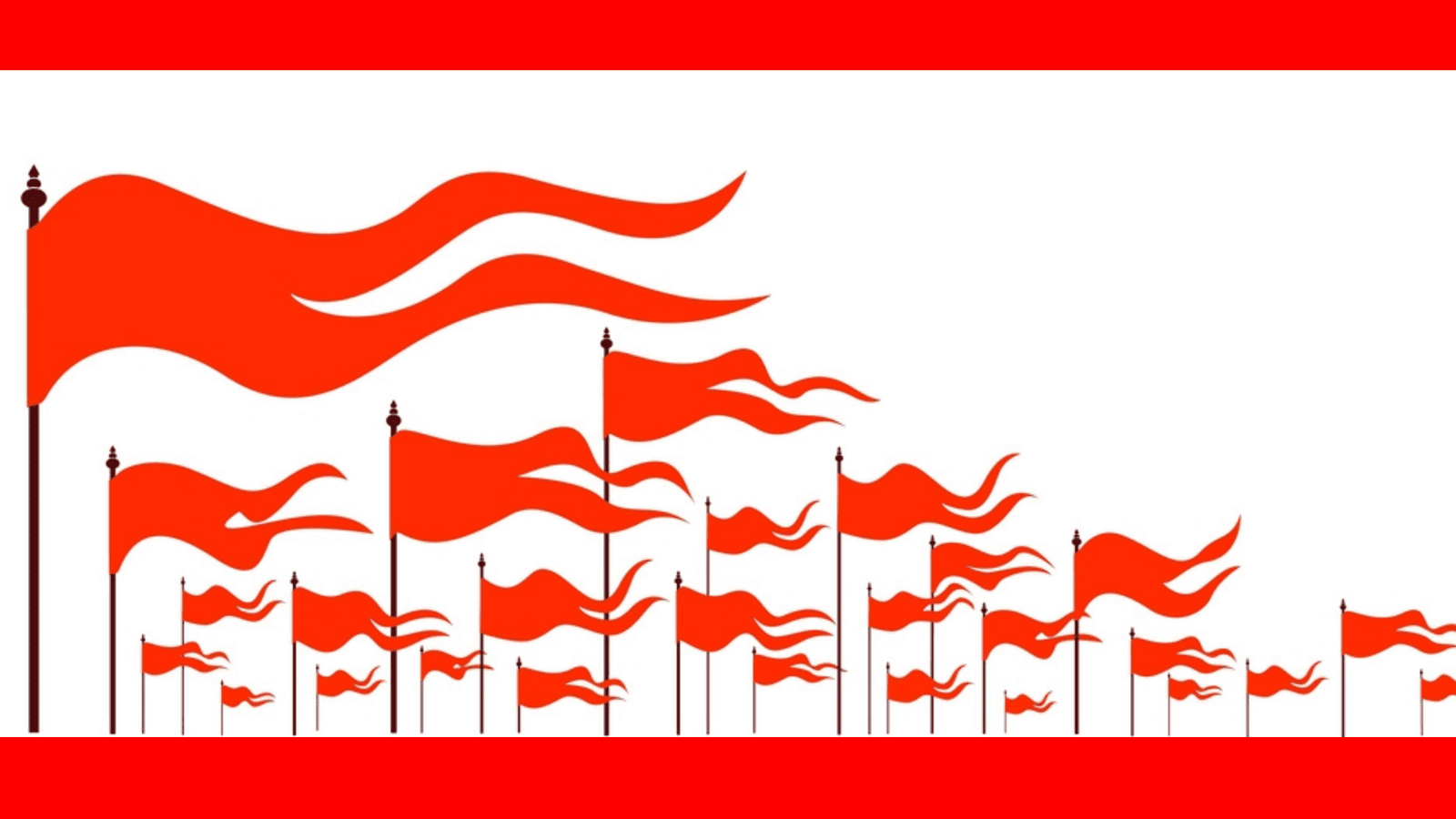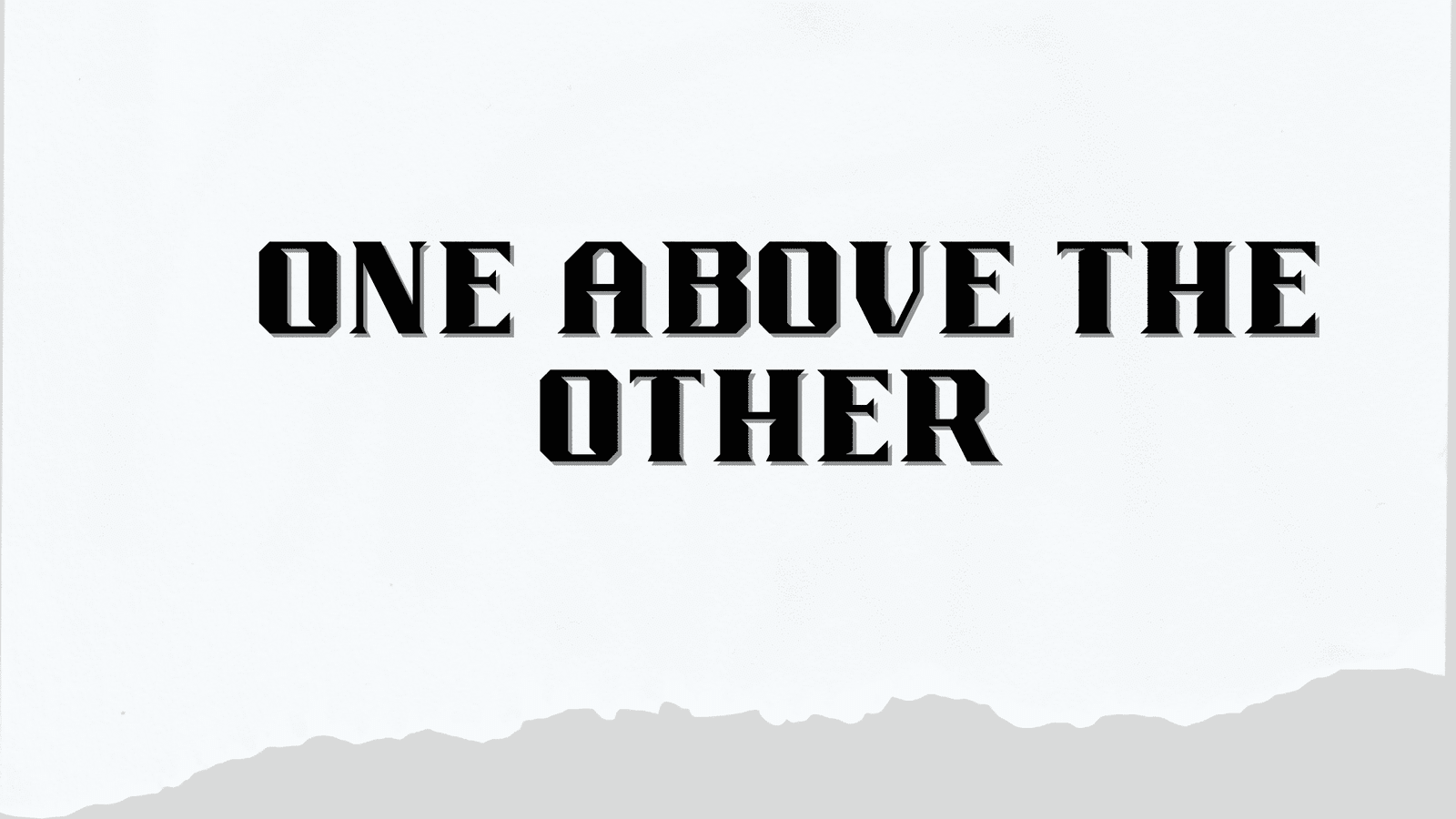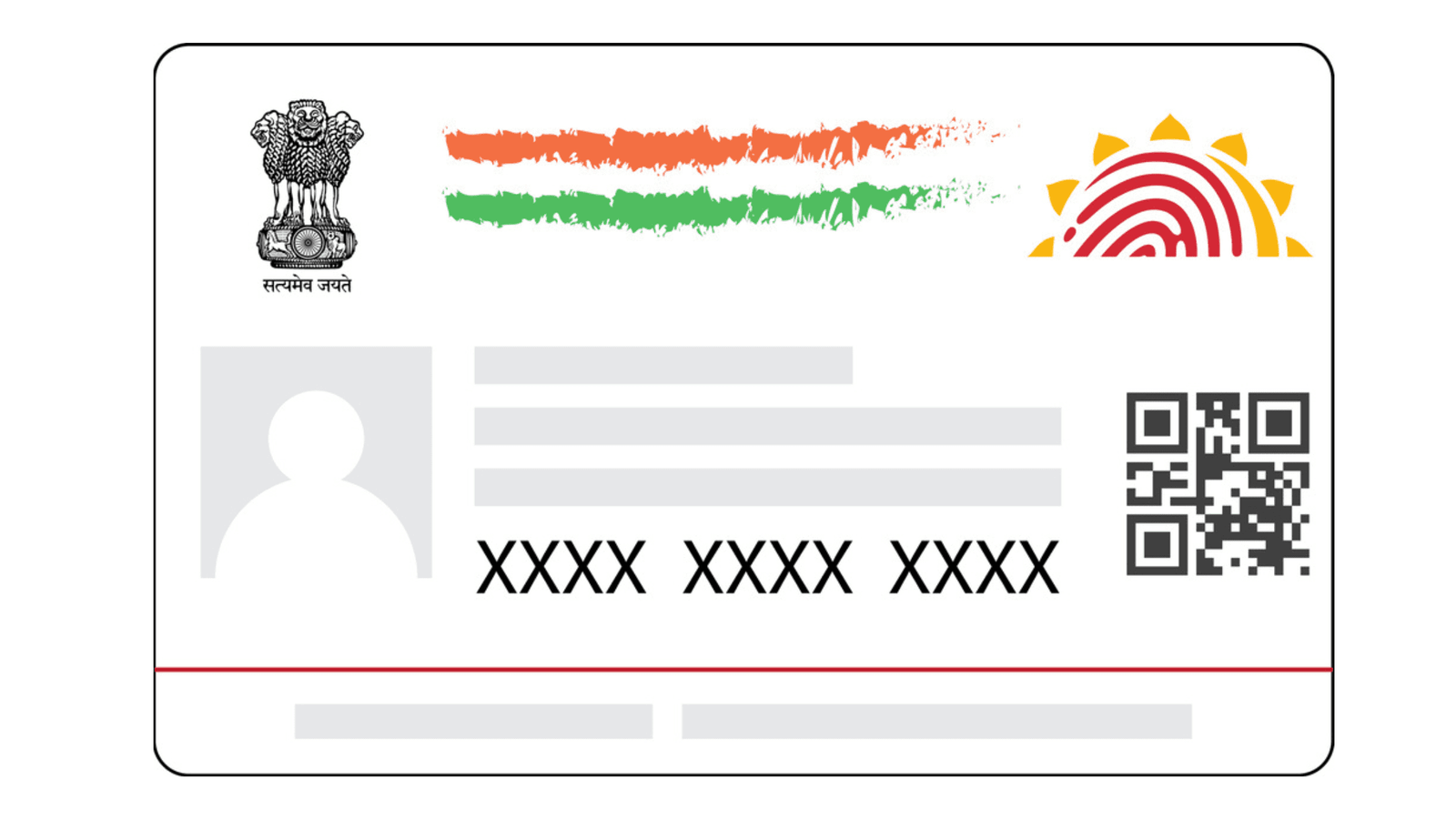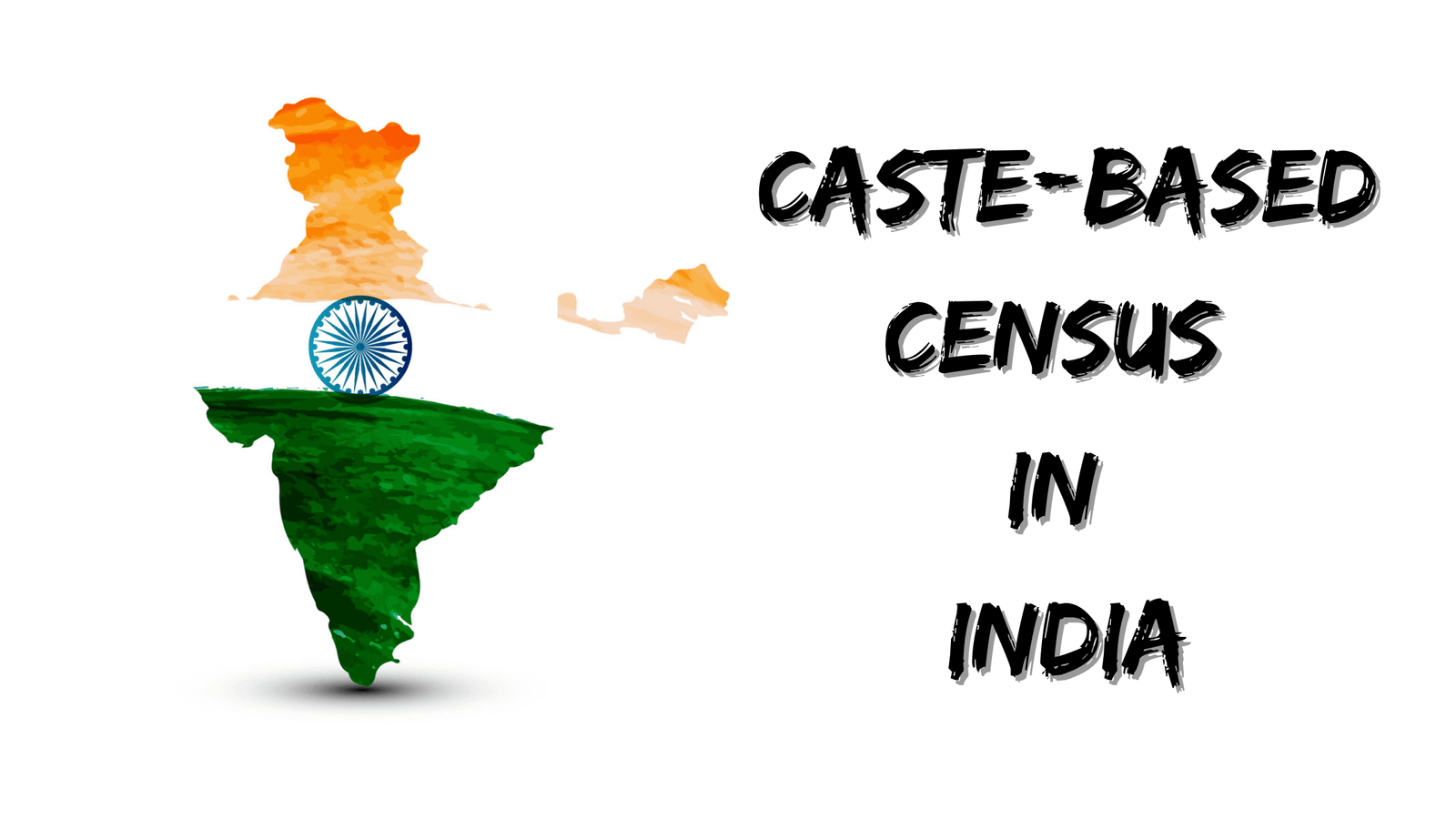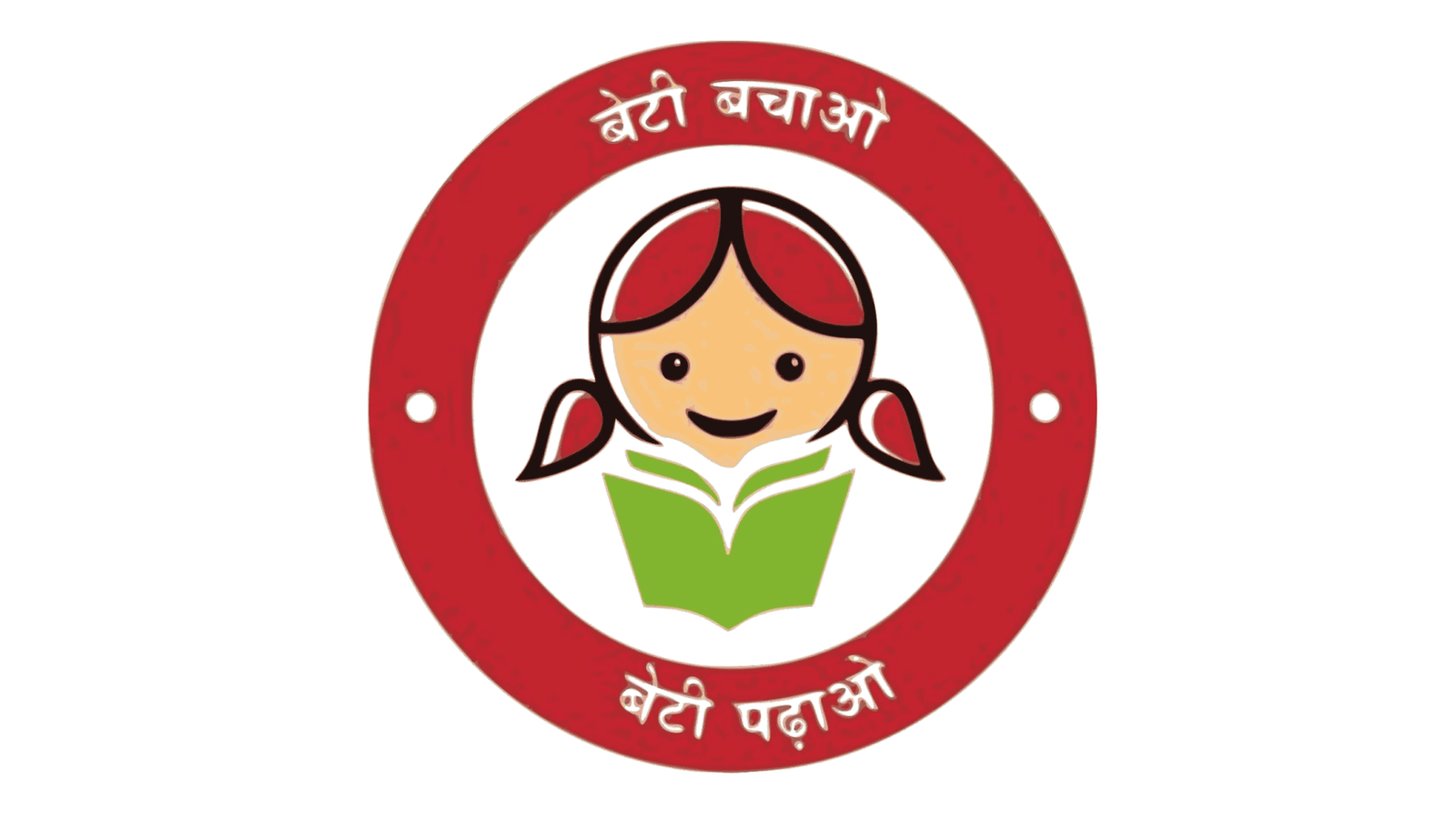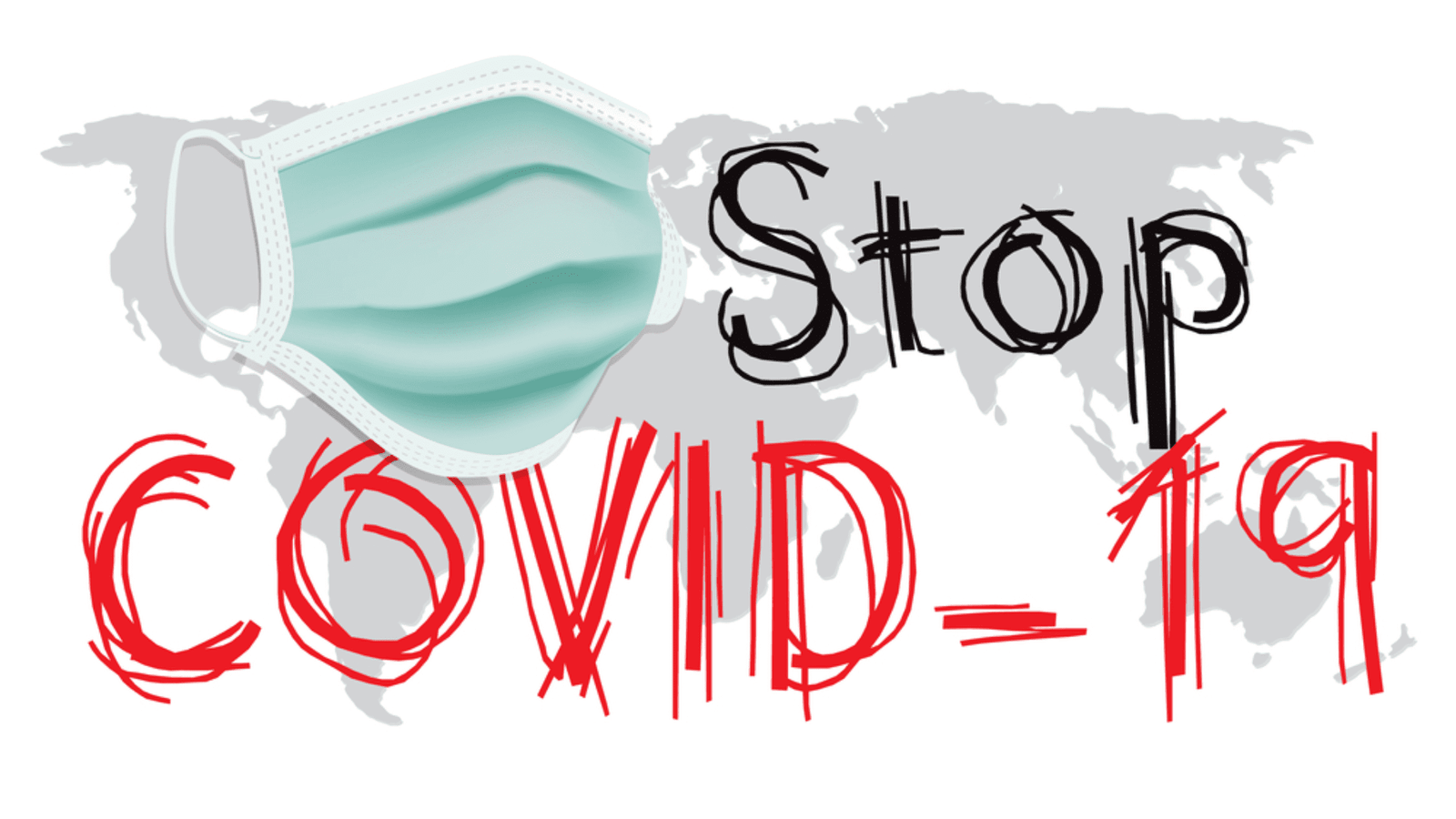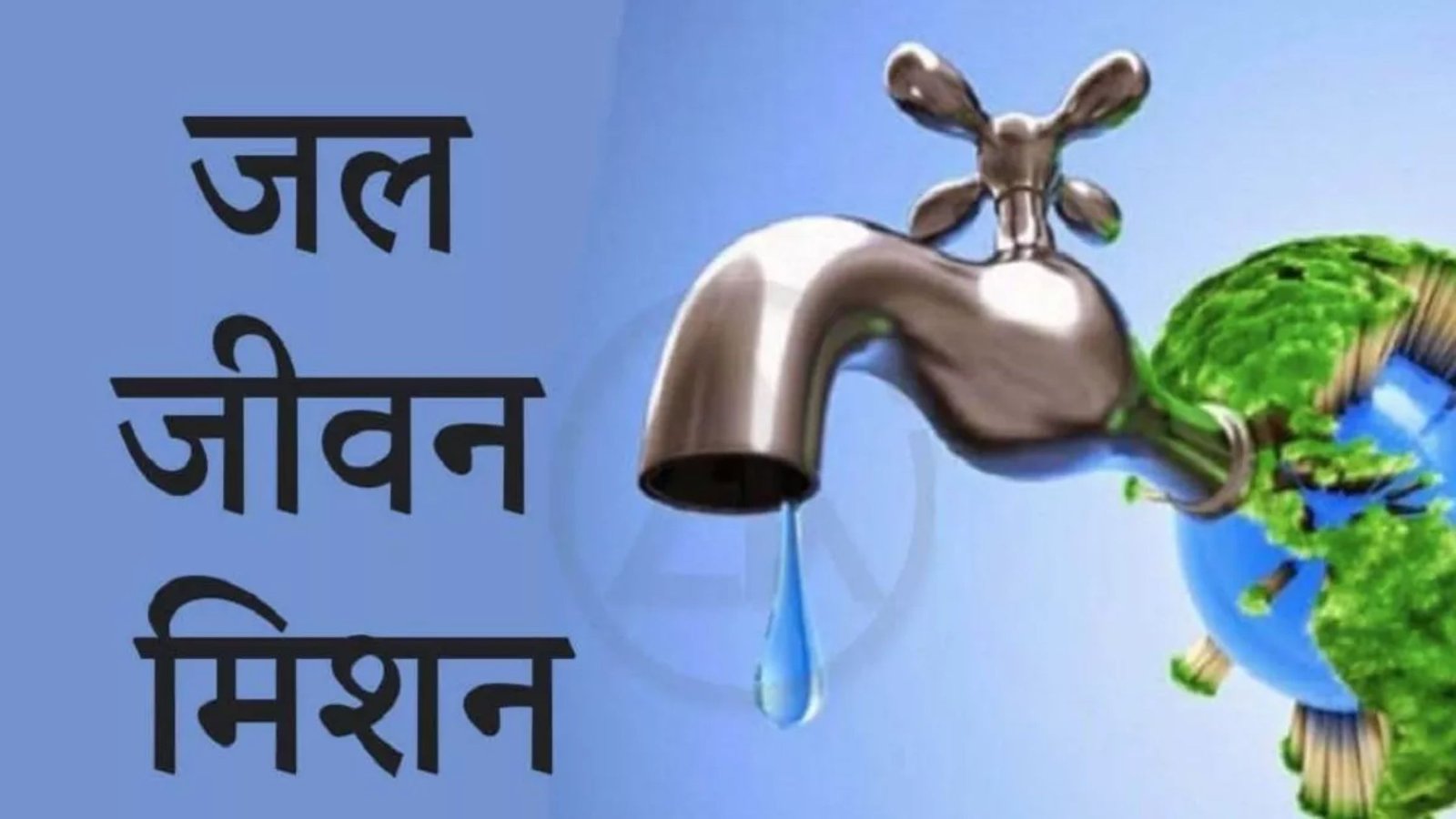
The Jal Jeevan Mission (JJM), launched by the Government of India in 2019, is a transformative initiative aimed at providing potable water to every rural household in the country. Access to clean drinking water is a fundamental human right and a crucial aspect of sustainable development. This article delves into the sociological dimensions of the Jal Jeevan Mission, exploring the terminologies, theories, and concepts used to understand the social implications, power dynamics, and challenges in the implementation of this ambitious water conservation program. Drawing upon the perspectives of Indian and Western sociologists, along with relevant statistical data, this article aims to shed light on the complexities and social consequences of the Jal Jeevan Mission.
Defining Jal Jeevan Mission:
The Jal Jeevan Mission, also known as the National Rural Drinking Water Programme (NRDWP), is a flagship program of the Indian government aimed at providing functional household tap connections (FHTCs) to every rural household by 2024. The mission focuses on integrated water resource management, community participation, and sustainable water supply solutions to address the long-standing water scarcity challenges in rural areas.
Understanding Jal Jeevan Mission from a Sociological Perspective:
Sociologists analyze the Jal Jeevan Mission through various theoretical frameworks, such as community participation, development communication theory, and water governance. These concepts offer insights into how the mission intersects with social structures, power dynamics, and the role of communities in achieving its objectives.
Community Participation: The success of the Jal Jeevan Mission relies heavily on community participation and ownership. Active involvement of local communities in planning, implementation, and maintenance of water supply schemes fosters a sense of ownership and accountability, leading to sustainable water management practices.
Development Communication Theory: Effective communication is crucial for the success of developmental programs like the Jal Jeevan Mission. Development communication theory emphasizes the importance of clear and culturally appropriate messaging to engage communities and stakeholders, promoting awareness and behavioral change related to water conservation.
Water Governance: Water governance refers to the institutional arrangements and decision-making processes for managing water resources. The Jal Jeevan Mission aims to strengthen decentralized water governance at the village level, empowering local bodies to manage water supply systems effectively.
Perspectives from Indian and Western Sociologists:
Indian sociologists have examined the societal implications of water scarcity and the role of government interventions in water management. Sunita Narain and Anil Agarwal", in their work " "Making Water Everybody's Business: Practice and Policy of Water Harvesting", explore the importance of water harvesting techniques and community-based water management in India. Narain and Agarwal advocate for the integration of traditional water conservation practices into modern water supply schemes.
Western sociologists have contributed valuable insights into water governance and community participation. Elinor Ostrom, in her book "Governing the Commons: The Evolution of Institutions for Collective Action", analyzes successful community-based management of common-pool resources, including water. Ostrom's work highlights the importance of collective decision-making and self-governance in resource management.
Social Implications and Challenges:
The Jal Jeevan Mission has significant social implications for rural communities. Access to clean drinking water improves health outcomes, particularly for women and children, who are often burdened with the responsibility of fetching water from distant sources. Improved water supply can also enhance educational opportunities, as children spend less time collecting water and more time in schools.
However, the successful implementation of the mission faces several challenges. These include the availability of water sources, sustainable water management, financial constraints, and the need for behavioral change related to water usage and conservation.
Statistics and Progress:
As of August 2023, the Jal Jeevan Mission has made significant progress in providing tap connections to rural households. Total Households with tap water connections at the start of the mission on 15 August 2019 were 3.23 crores, which has increased to 12.7 crore households by 5 August 2023. Thus, household coverage has increased from meagre 16.6% at the start of mission in 2019 to 65.6% households by August 2023.
Conclusion:
The Jal Jeevan Mission represents a significant effort to address the water needs of rural communities in India. By examining the mission through sociological theories and drawing upon the insights of Indian and Western sociologists, we gain a deeper understanding of the complexities and social consequences of this ambitious water conservation program. Sociological research is crucial in shaping community-driven and sustainable water supply solutions, fostering community participation, and advocating for equitable water governance. Only through collective efforts can we achieve the objectives of the Jal Jeevan Mission, ensuring access to clean drinking water as a fundamental human right and fostering sustainable development in rural India.
